Study on
Machine Service Providers: Reaching Last Mile Smallholders with Agro-Machinery Service in Bangladesh
Machine Service Providers: Reaching Last Mile Smallholders with Agro-Machinery Service in Bangladesh
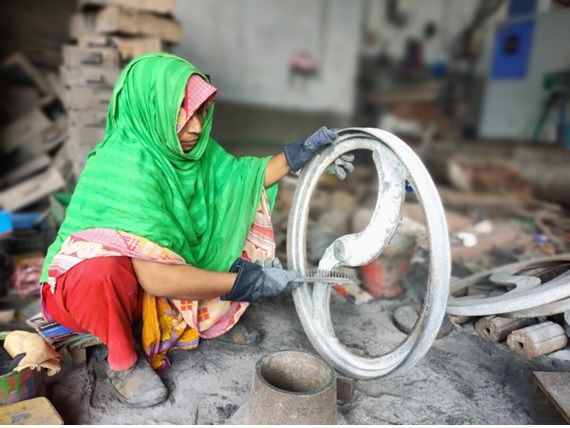
The agricultural light engineering sector has historically seen limited participation from women due to factors such as women’s limited technical knowledge, lack of confidence, traditional norms, workplace safety concerns, insufficient support from men peers and workshop owners, unawareness of job opportunities, perceived male dominance, and financial constraints. To bridge this gender gap in women’s access to agricultural technologies, the USAID-funded Feed the Future Cereal Systems Initiative for South Asia—Mechanization Extension Activity (CSISA-MEA), led by CIMMYT in collaboration with International Development Enterprises (iDE) and the Georgia Institute of Technology (Georgia Tech), has conducted numerous training programs in collaboration with the Bangladesh Industrial Technical Assistance Center (BITAC) over the past five years. These programs have equipped women with technical skills, enabling them to secure formal employment and enhance their livelihoods.
CSISA-MEA’s efforts include training women in machine operation, computer-aided machinery, and the agricultural machinery service sector. Significant milestones include training women in power spray painting, polishing, grinding, fettling, and drilling, which improved their employability. In Bogura, the Activity provided innovative hands-on training in basic foundry skills to women, resulting in a 20% salary increase for half of the trained women within a year. Moreover, targeted training on fodder chopper operation and maintenance, as well as rice transplanter technology, empowered women dairy farmers and service providers. The initiative also supported women entrepreneurs with resources and marketing strategies, linking them with financial institutions for loans, introducing commission-based sales models, and providing online marketing training. These efforts created a supportive ecosystem for women in agriculture and light engineering.
Additionally, the Gender Equality and Social Inclusion (GESI) study conducted by CSISA-MEA aimed to address gender integration within agriculture-based light engineering small enterprise (ABLE) enterprises. The study integrated gender sessions into workforce training, sensitizing over 1,000 members on gender discrimination, violence, and relations, promoting a GESI-friendly environment, and reinforcing CIMMYT’s commitment to equity and inclusion.

Photo: Hannan at his workshop. Photo edit: Mahajabin Khan
Md. Abdul Hannan (age 29) developed his understanding of light engineering (LE) as a child, working in several workshops in Bogura. He had never received any formal education and nobody taught him how to run a light engineering business. Despite this he had had enough ambition and self-belief to enable him to start his own business making multicrop engine powered threshing machines. After opening his business in 2018 called M/S. Hannan Engineering Workshop he found it challenging to train his staff, acquire new clients, get access to finance, and market the machines. In 2020, Hannan and eight of his employees were given training in light engineering skills by the USAID Cereal Systems Initiative for South Asia – Mechanization and Extension Activity (CSISA-MEA). This training proved to be so useful that it enabled his business to improve the quality and quantity of machines he manufactured. He also made his workshop a safer place to work in by implementing the occupational health and safety measures recommended by CSISA-MEA during this training. He then realized that to fully utilize this improved capacity he needed better business management and marketing skills. He was therefore delighted when CSISA-MEA offered him training on business management, communication, network building and event management skills. He also actively participated in CSISA-MEA-facilitated events that linked light engineering enterprises with banks resulting a loan from BRAC bank being negotiated. As a result of this training and technical support he made some well-informed business decisions. that included, with technical support from CSISA-MEA engineers, the purchase of a bench grinding machine and a drilling machine further improving the capacity of the business to make higher-quality products. To develop the market for his machines CSISA-MEA helped him set up a social media corporate site. This was a great success, raising the profile of his business and capturing new customers, even during the COVID-19 crisis, from all over Bangladesh. Finally, with technical support from CSISA-MEA engineers he has upgraded his Power Threshing Machine, from a one acre of crop per hour machine to a1.5 acres of crop per hour machine. This combination of new manufacturing business management and marketing skills has all resulted in production going from 70 threshers sold each year to 100 threshers sold in 2022 and income rising from USD75,000 to USD90,000. Hannan said, “It wasn’t just me who made this happen; my team and I received all of the training support from CSISA-MEA, which boosted our competence.” Hannan is an example of the more than 600 skilled workers and business owners who have received training from this mechanization initiative supported by USAID funded Feed The Future Initiative.
The Feed the Future Bangladesh Cereal Systems Initiatives for South Asia-Mechanization Extension Activity (CSISA-MEA) is a five-year project, funded by USAID and implemented by CIMMYT and its partners: iDE and Georgia Institute of Technology (GT). Through the CSISA-MEA project, the project stakeholders are trying to promote ways to increase access to finance to the different actors in the agricultural machinery value chain. iDE Bangladesh, on behalf of CSISA-MEA project commissioned Lightcastle Partners to jointly conduct a study to deep dive analyze the financing practices among the market actors in agriculture machinery market.
The objective of the study was to unearth the current status of financing options for the aforementioned actors and identify their financing needs.
Full report:
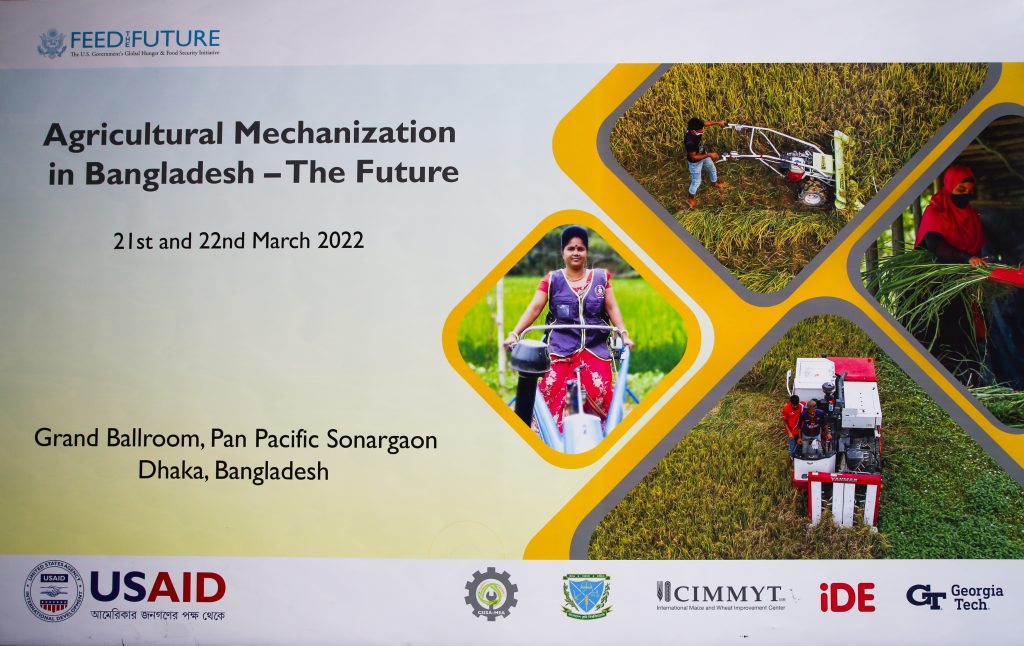
A two-day workshop on “Agricultural Mechanization in Bangladesh-The Future” held on 21st and 22nd March 2022 by the USAID funded Feed the Future Bangladesh Cereal Systems Initiative for South Asia- Mechanization and Extension Activity (CSISA-MEA), in collaboration with Bangladesh Agriculture University at Pan Pacific Sonargaon, Dhaka, Bangladesh. This two-day workshop reviewed progress made with the introduction of agricultural mechanization technologies. The workshop also addressed constraints to accelerating the pace of mechanization and the required changes in government and private sector policy that will make that happen. Participants from across Bangladesh’s leading research institutes and the private sector discussed how the Bangladesh light engineering sector could be supported to manufacture agricultural machinery and spare parts for domestic as well as international markets. Participants also addressed work to support rural women and youth and ways in which farm mechanization can foster employment in the agricultural machinery sector and establish agricultural mechanization-based businesses.
Day 1 – Session 1_Scale-Appropriate Farm Mechanization in Bangladesh By Timothy J Jrupnik – CIMMYT
Day 1 – Session 2_Agricultural Mechanization in Bangladesh and India By Dr Avinash Kishore _IFPRI
Day 1 – Session 2_Mechanization of Rice Harvesting By Dr Martin_Martin Gummert IRRI
Day 1 – Session 2_Research and Development of Combine Harvester under PPP By AKM Saiful_BRRI
Day 1 – Session 2_The Role of PPP by Mr. Subrata Ranjan Das _ACI Motors
Day 1- Session 2_What is the status of agri-mechanisation in Bangladesh_Dr. Brendan Brown CIMMYT
Day 2 – Session 3 _ Innovation processes in Agriculture By Arnoud Hameleers_IFAD
Day 2 – Session 4_ Gender and youth inclusion by Ms Bidowra Khan, ACDI-VOCA
Day 2 Session 4_Innovative A2F By s. Tamanna Sohanee, Light Castle
RECORDED VIDEO: Day one; Day Two
PHOTO GALLERY:
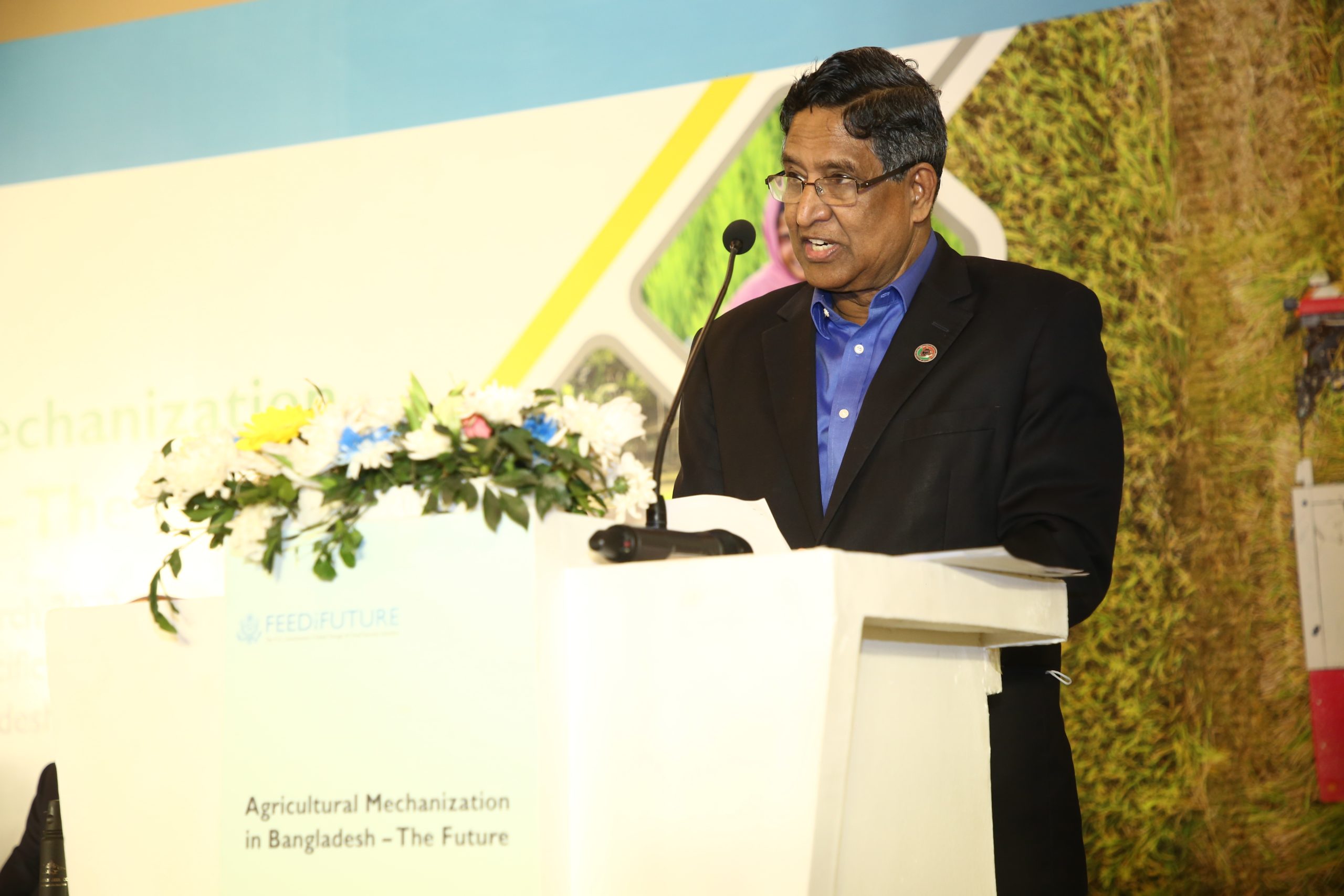

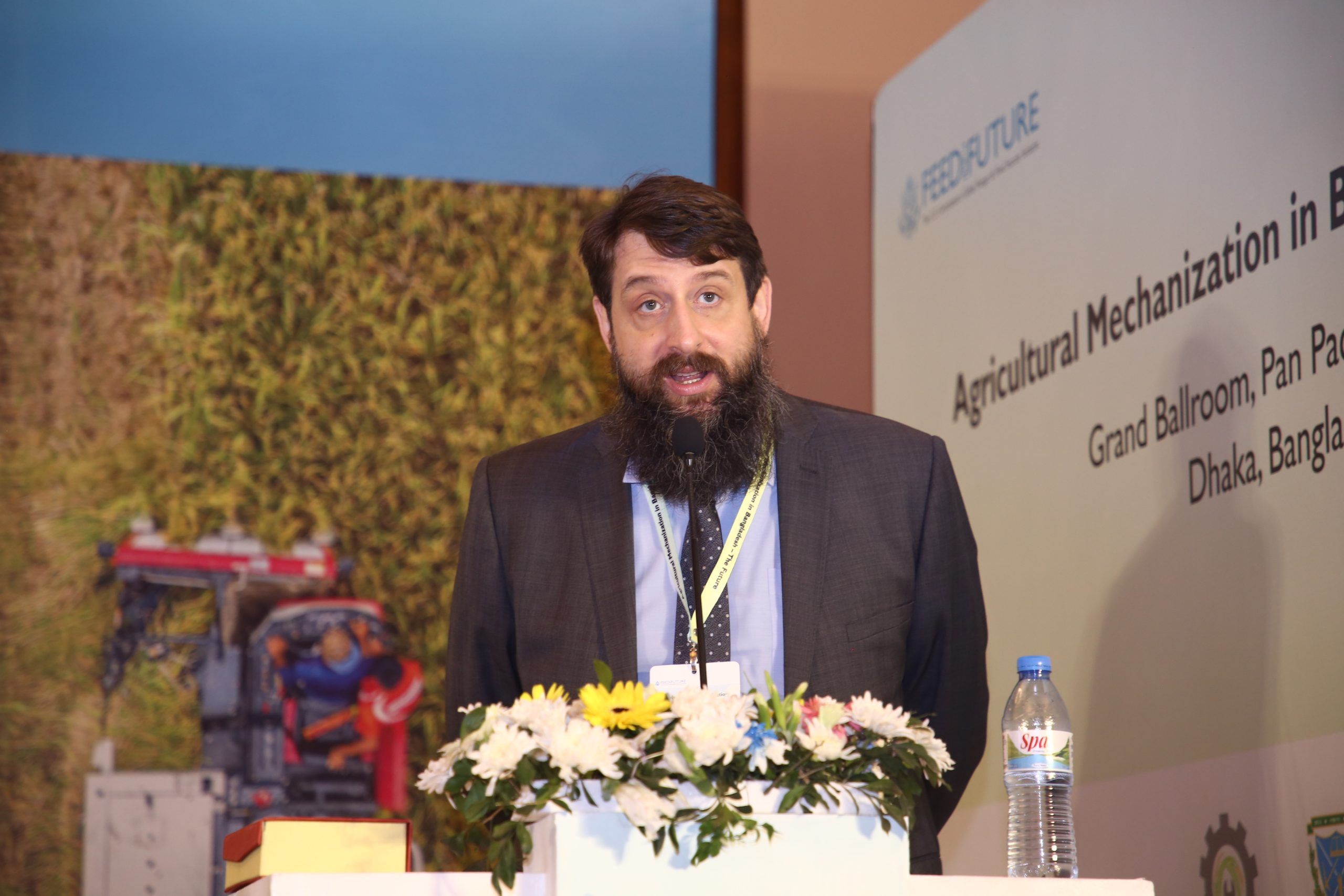
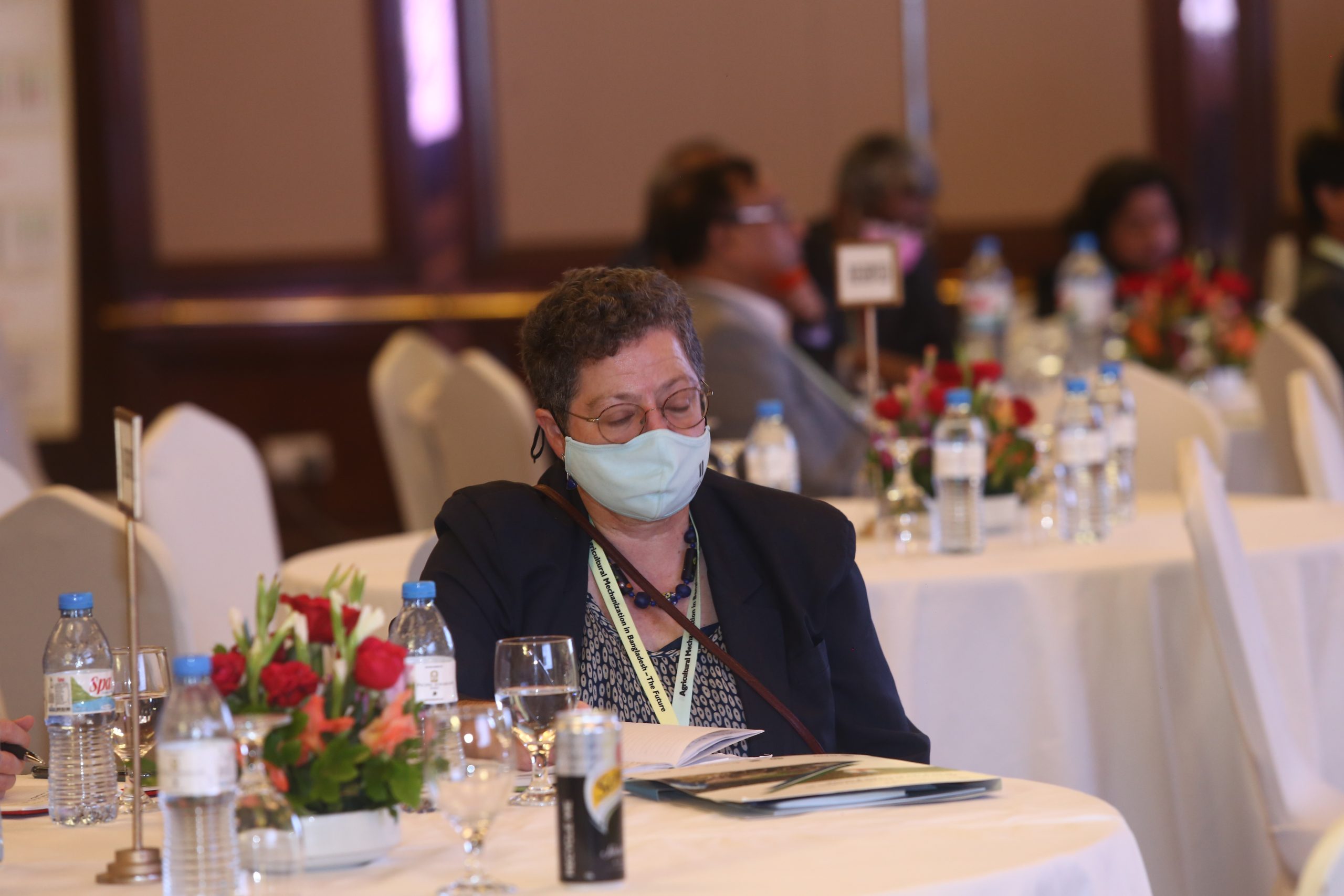
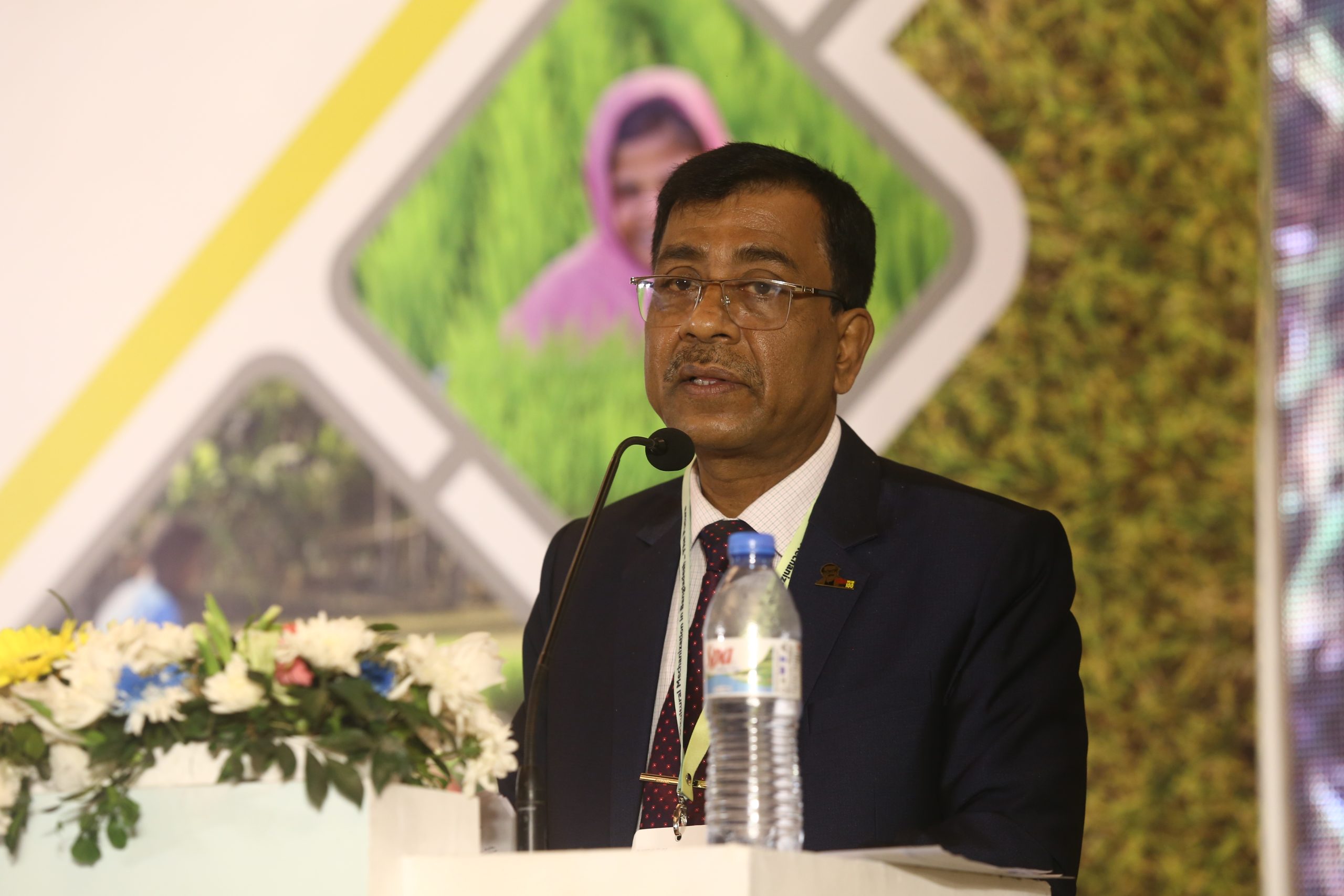
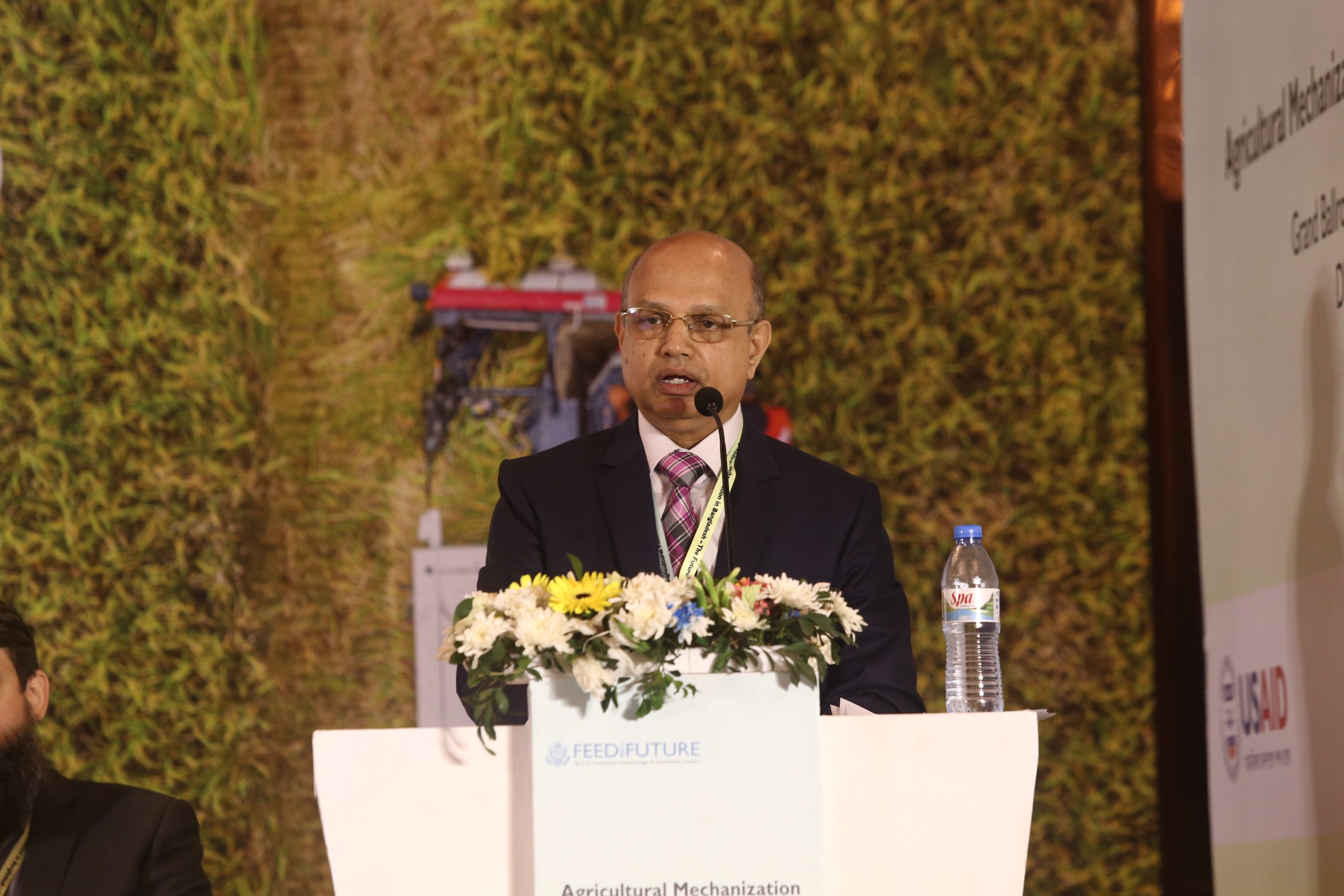
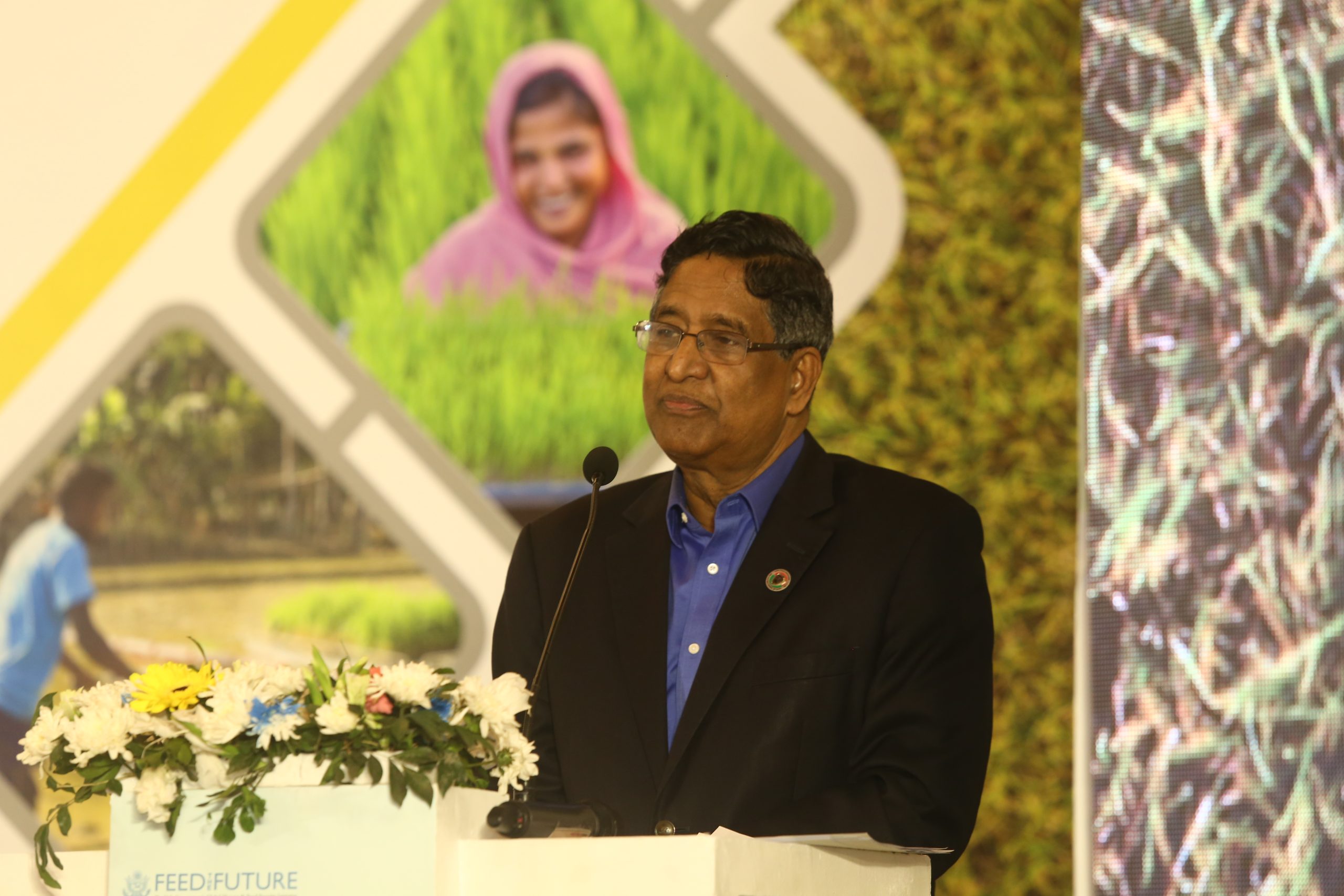
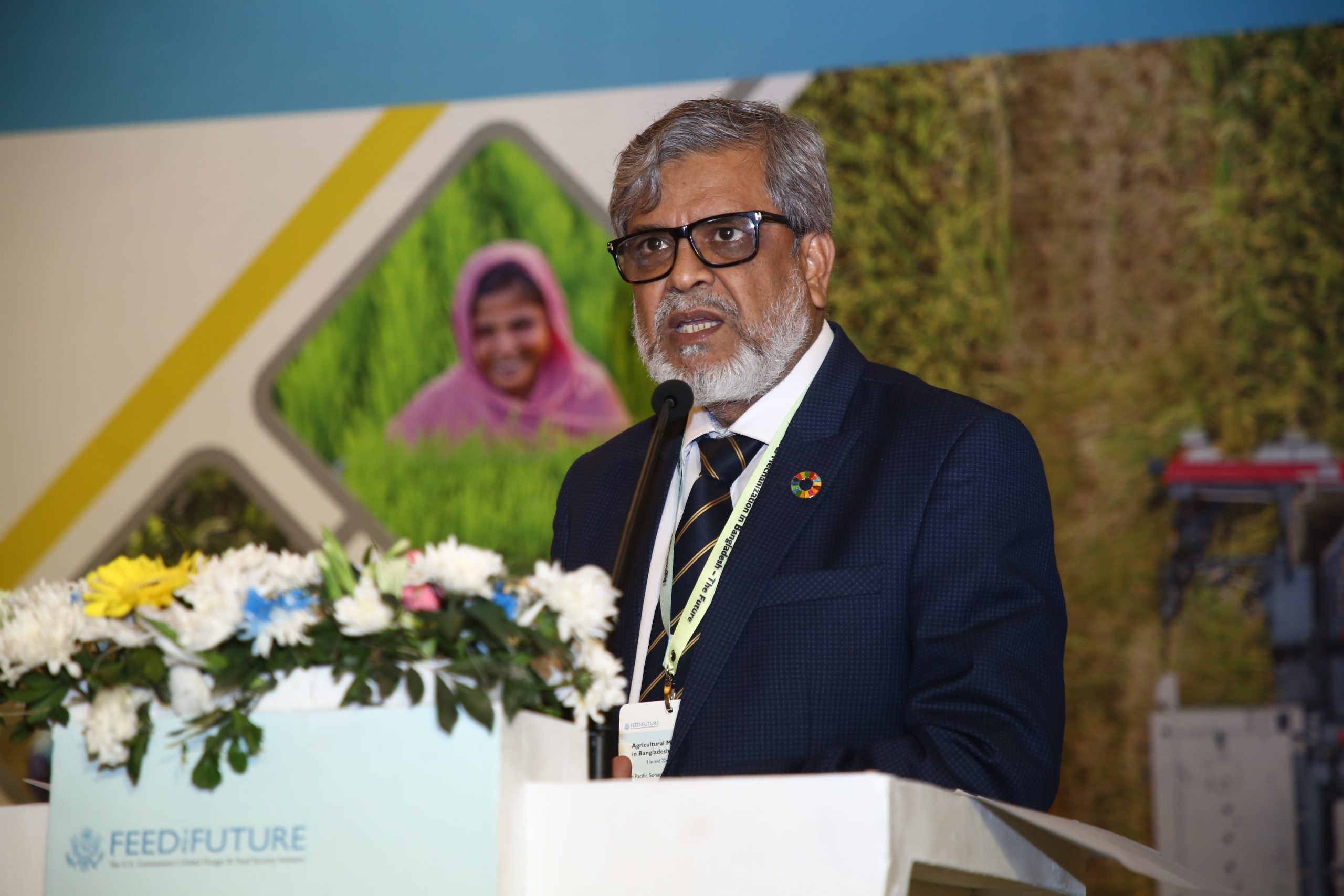

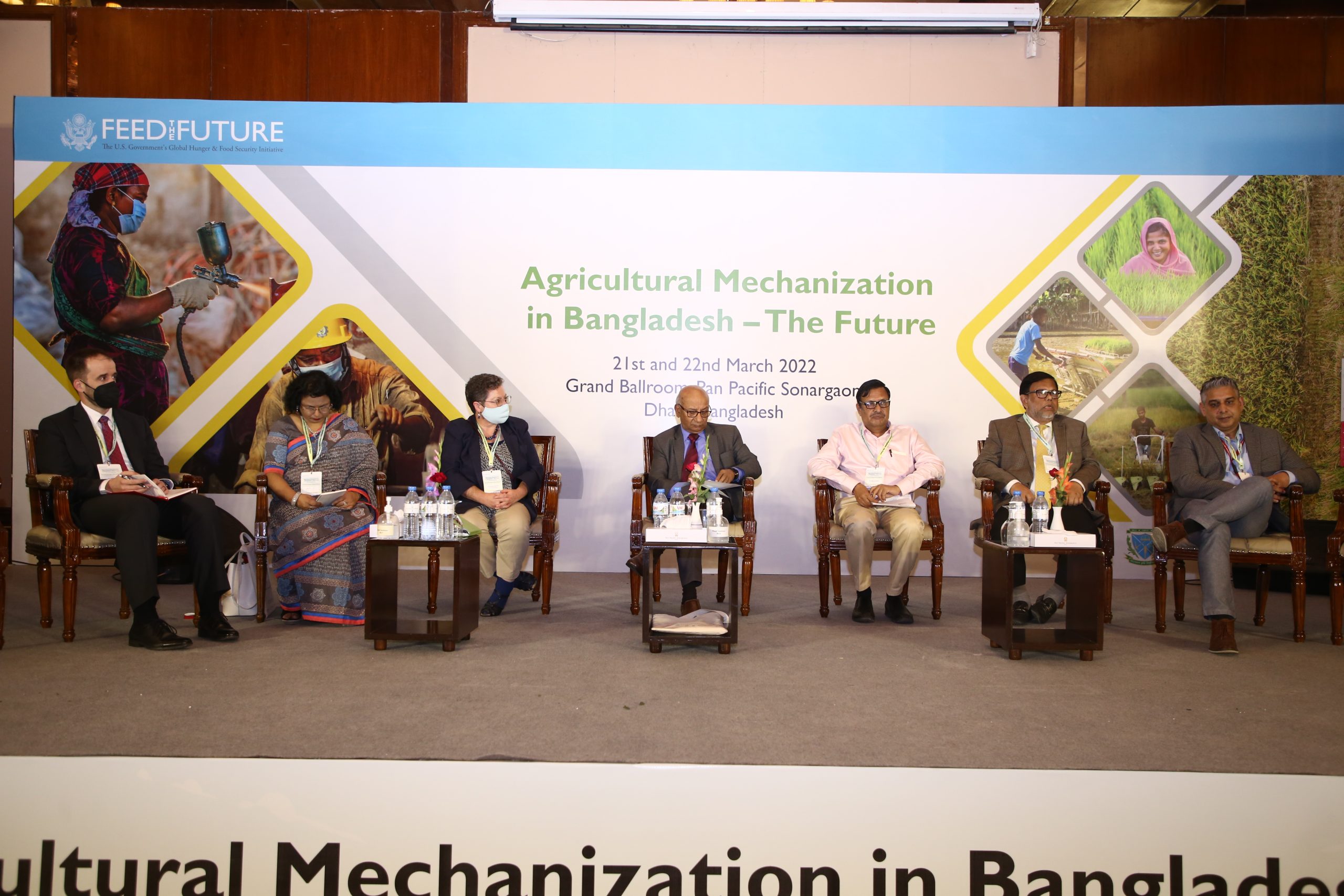
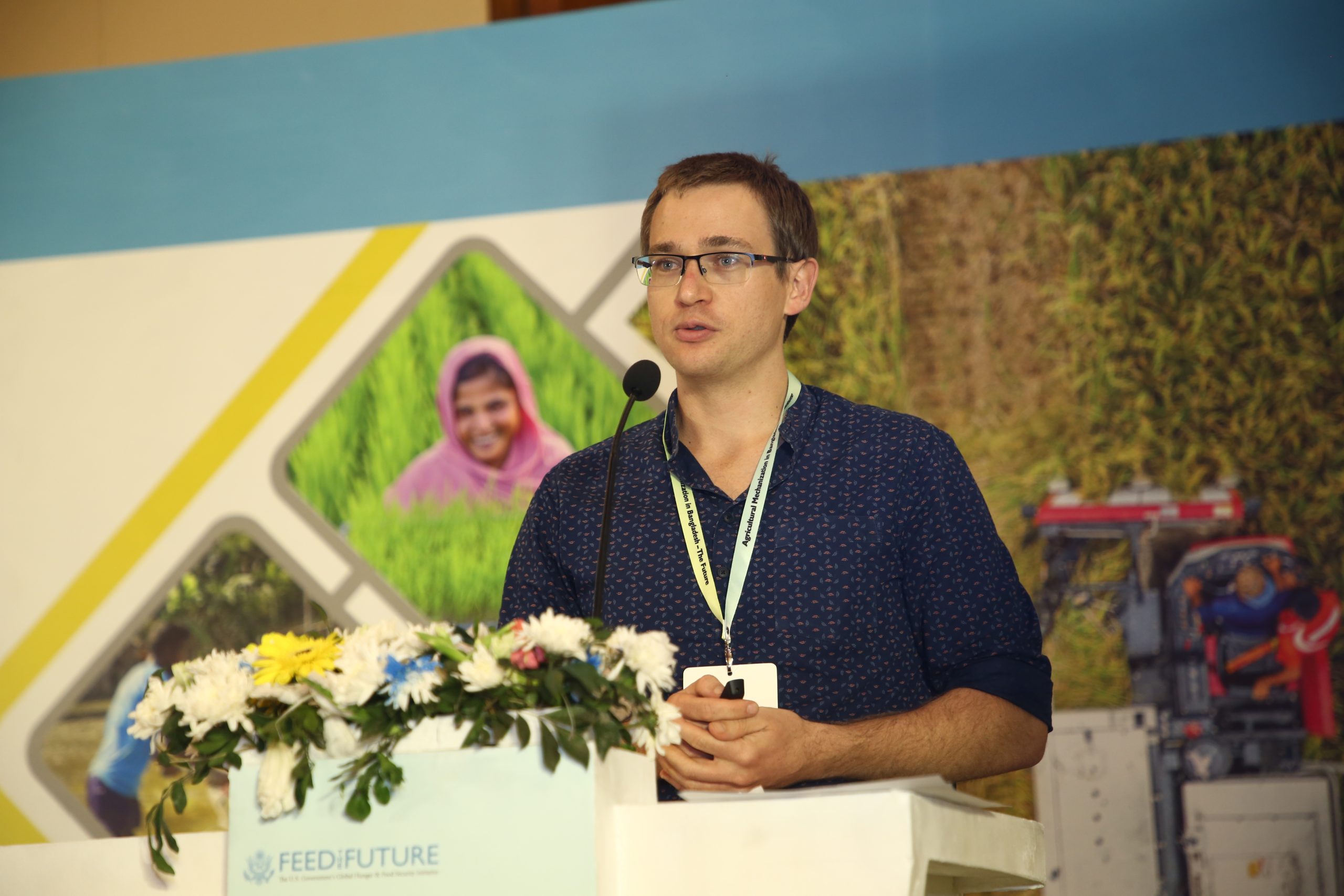
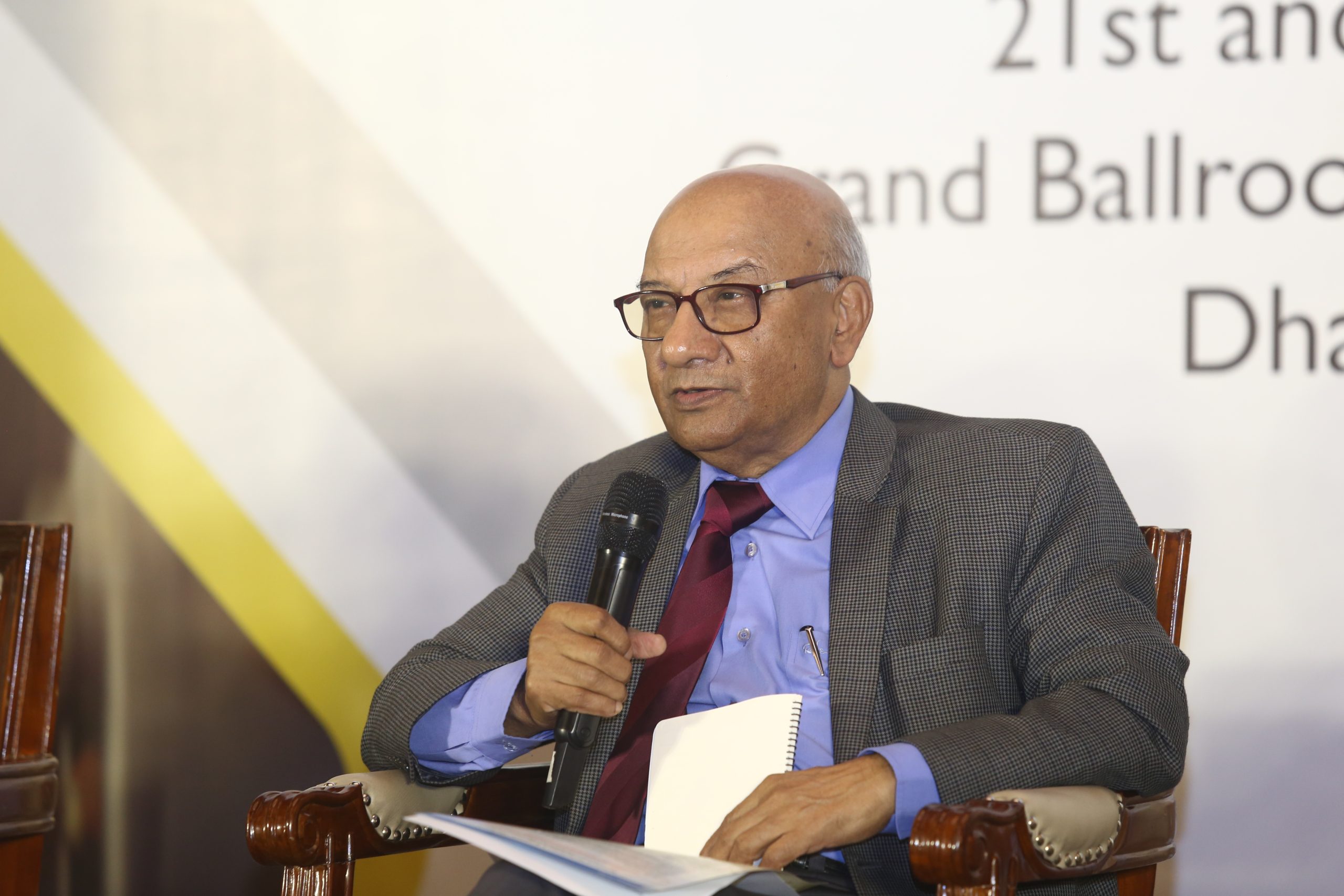
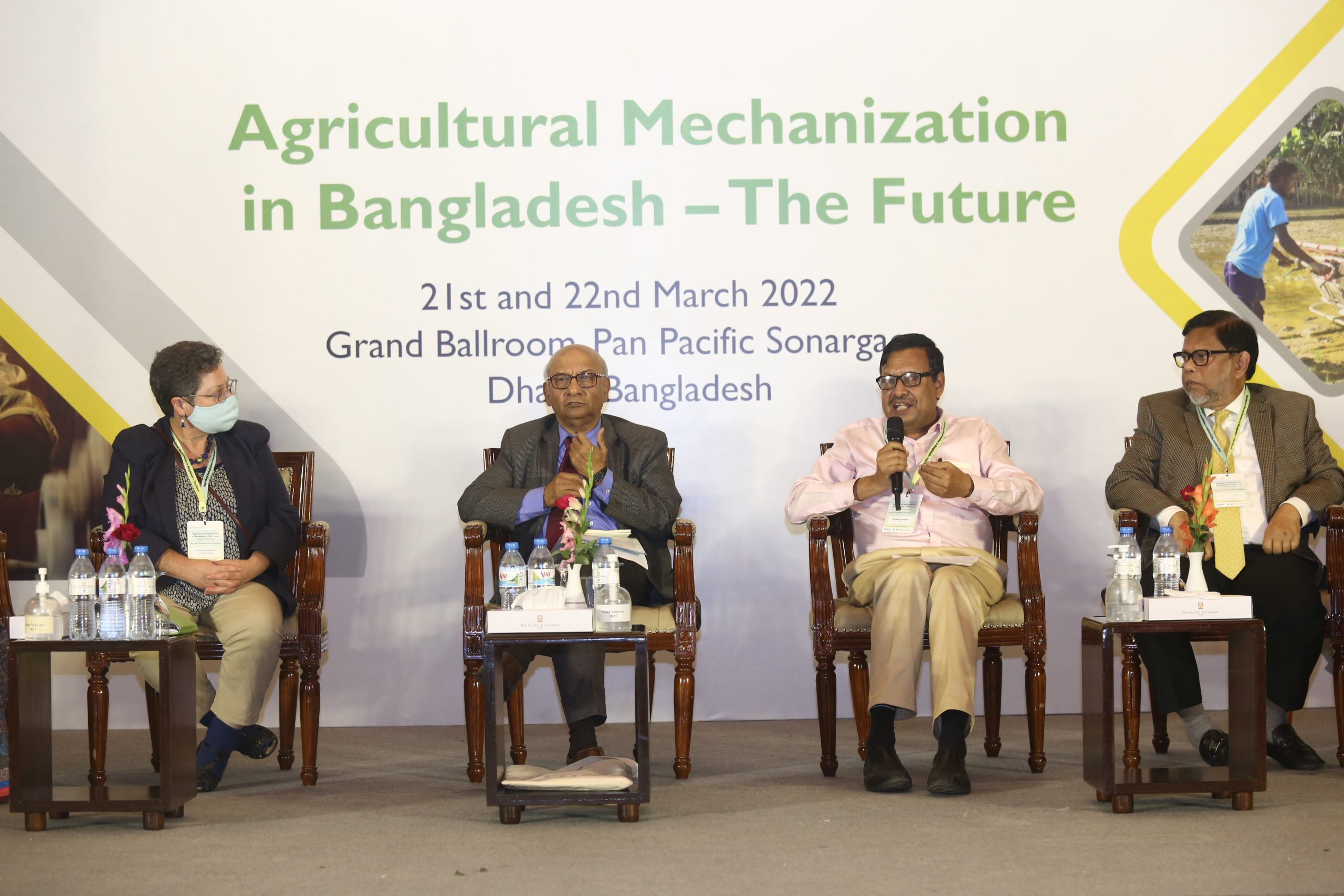
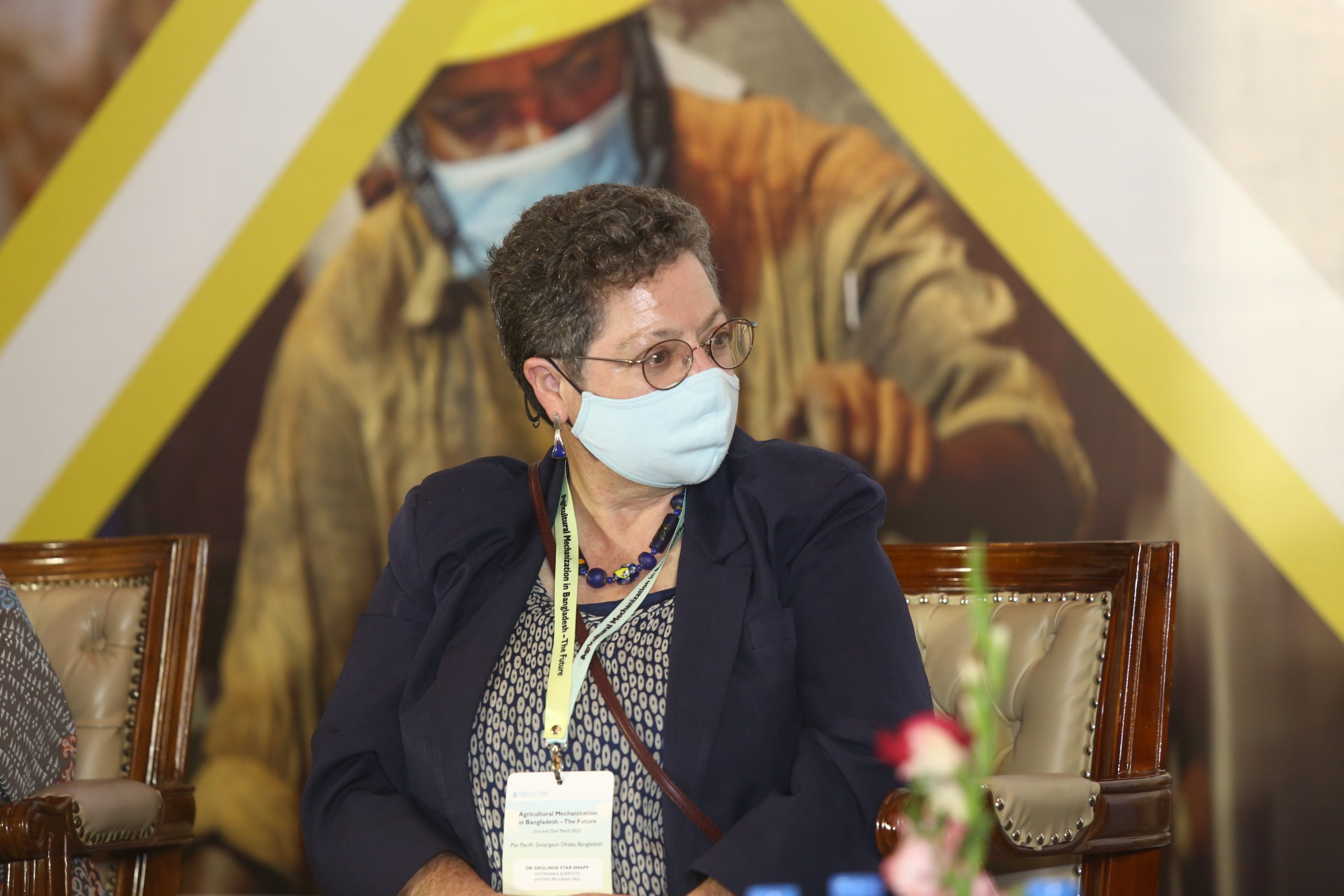
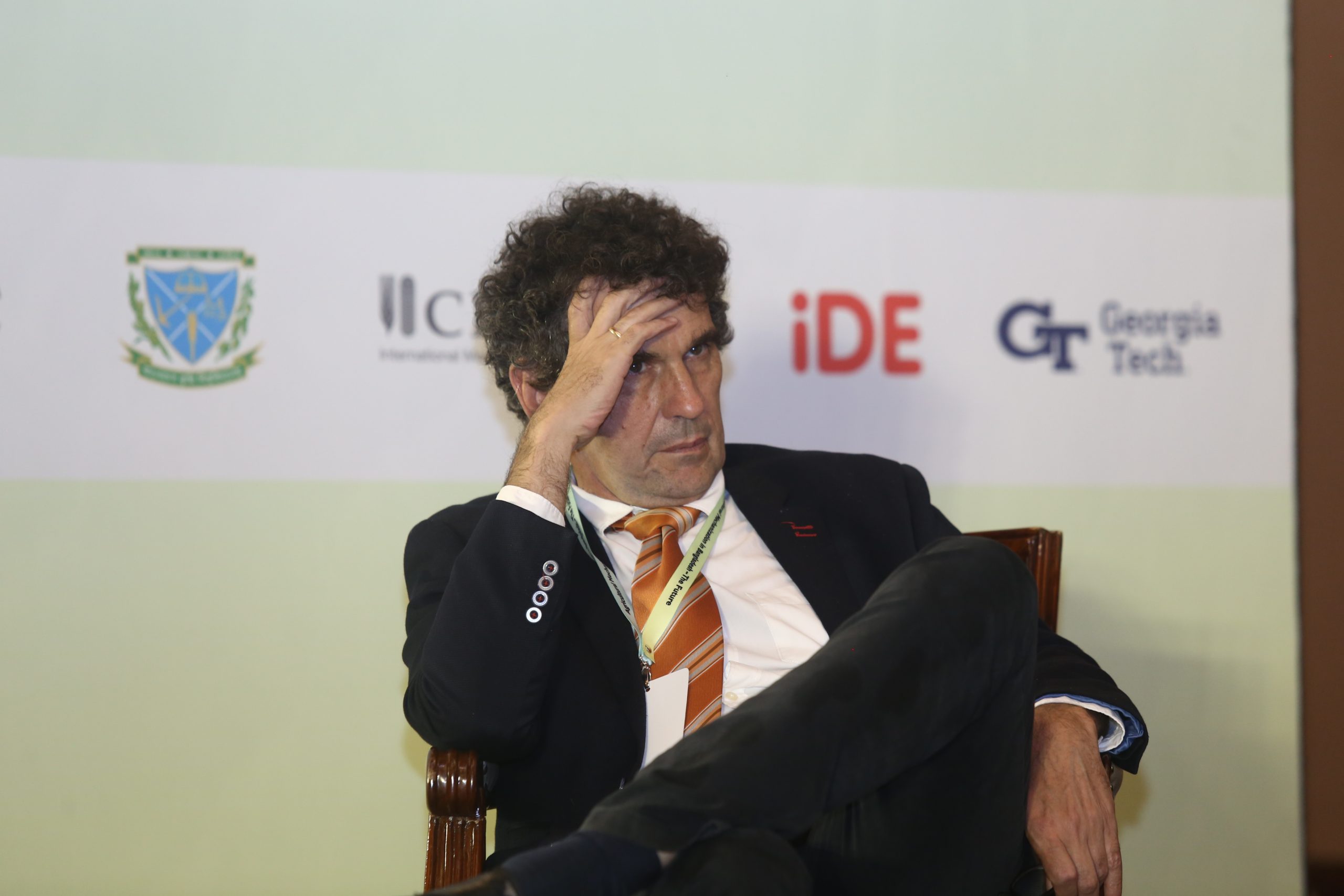
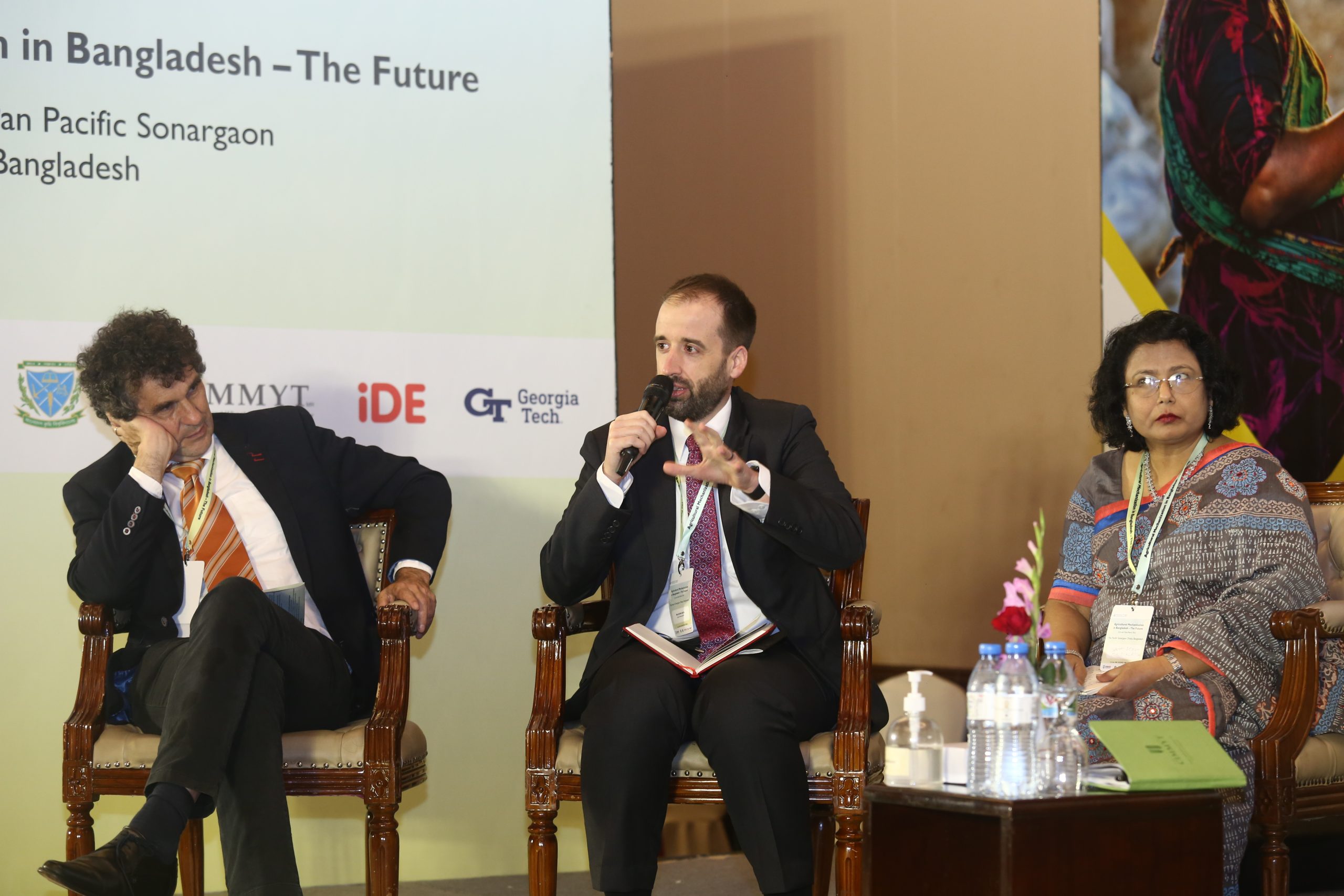
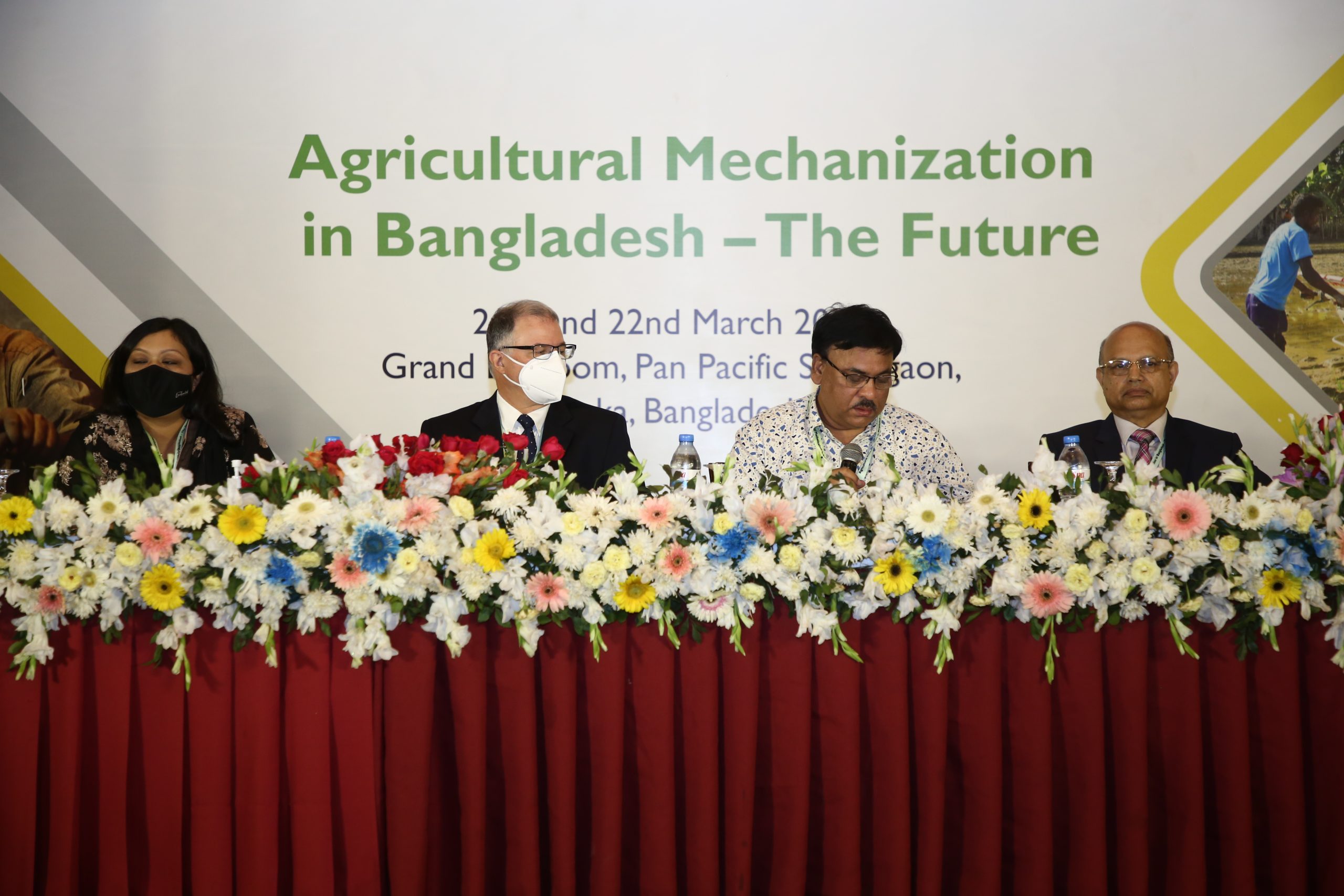
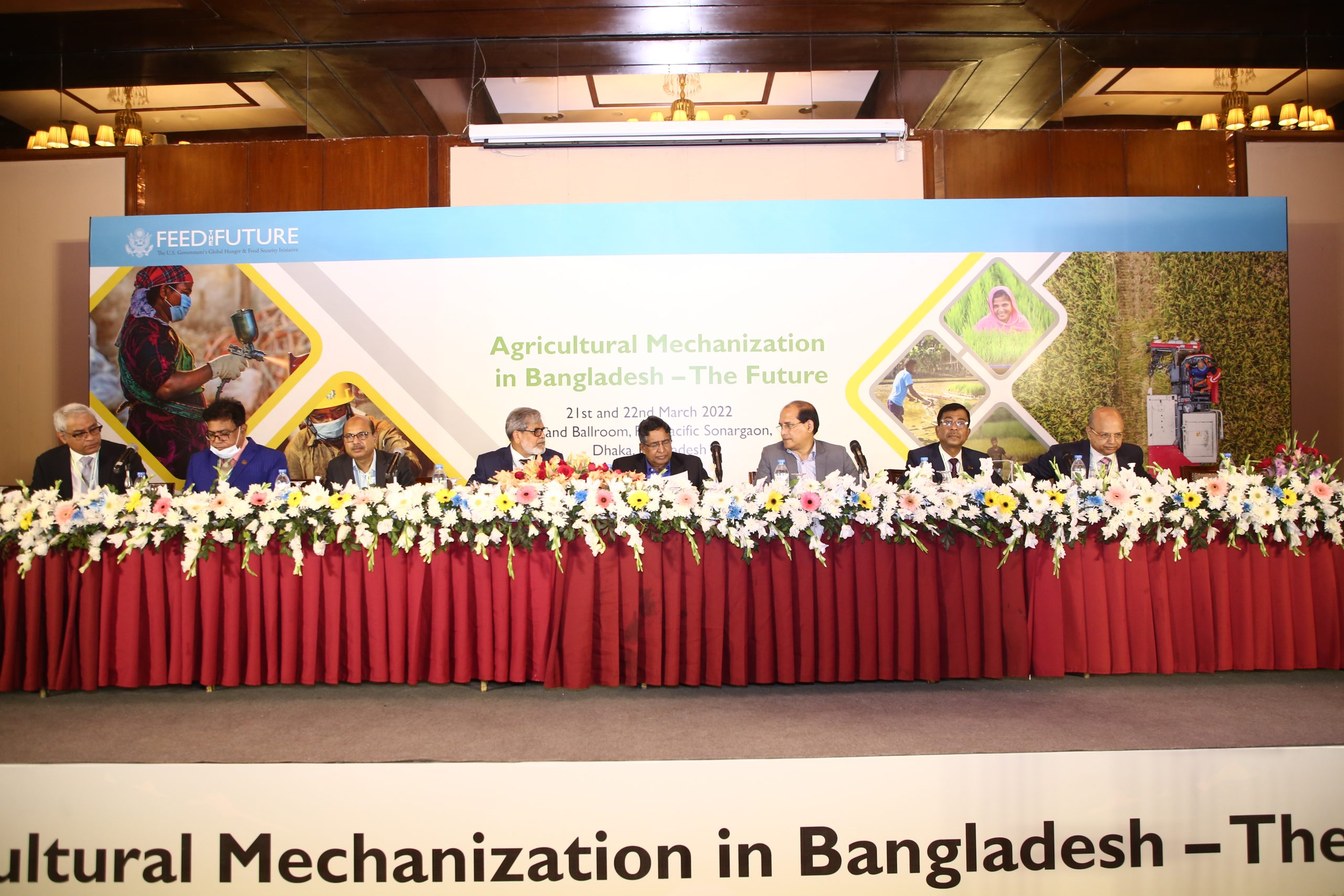
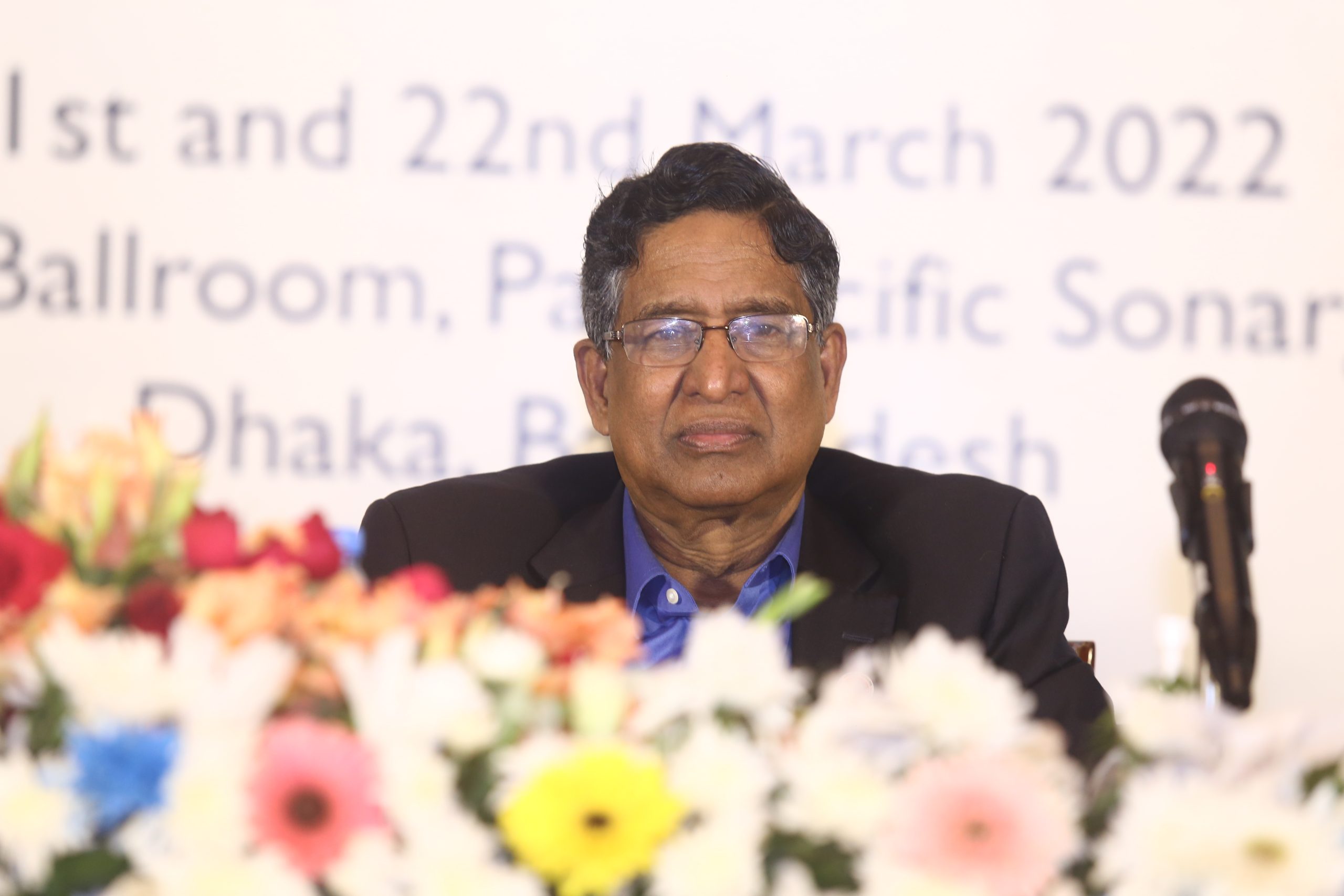
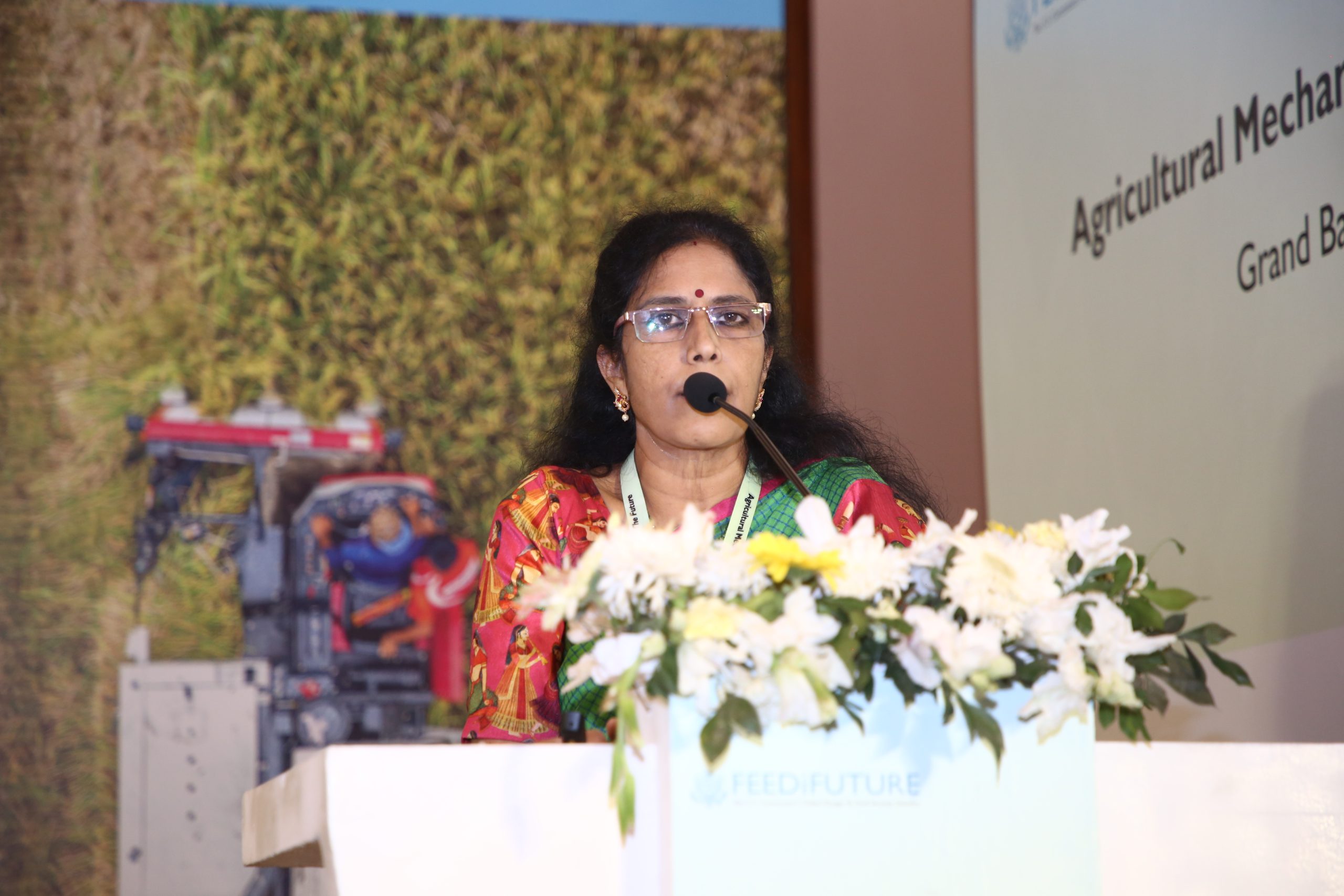
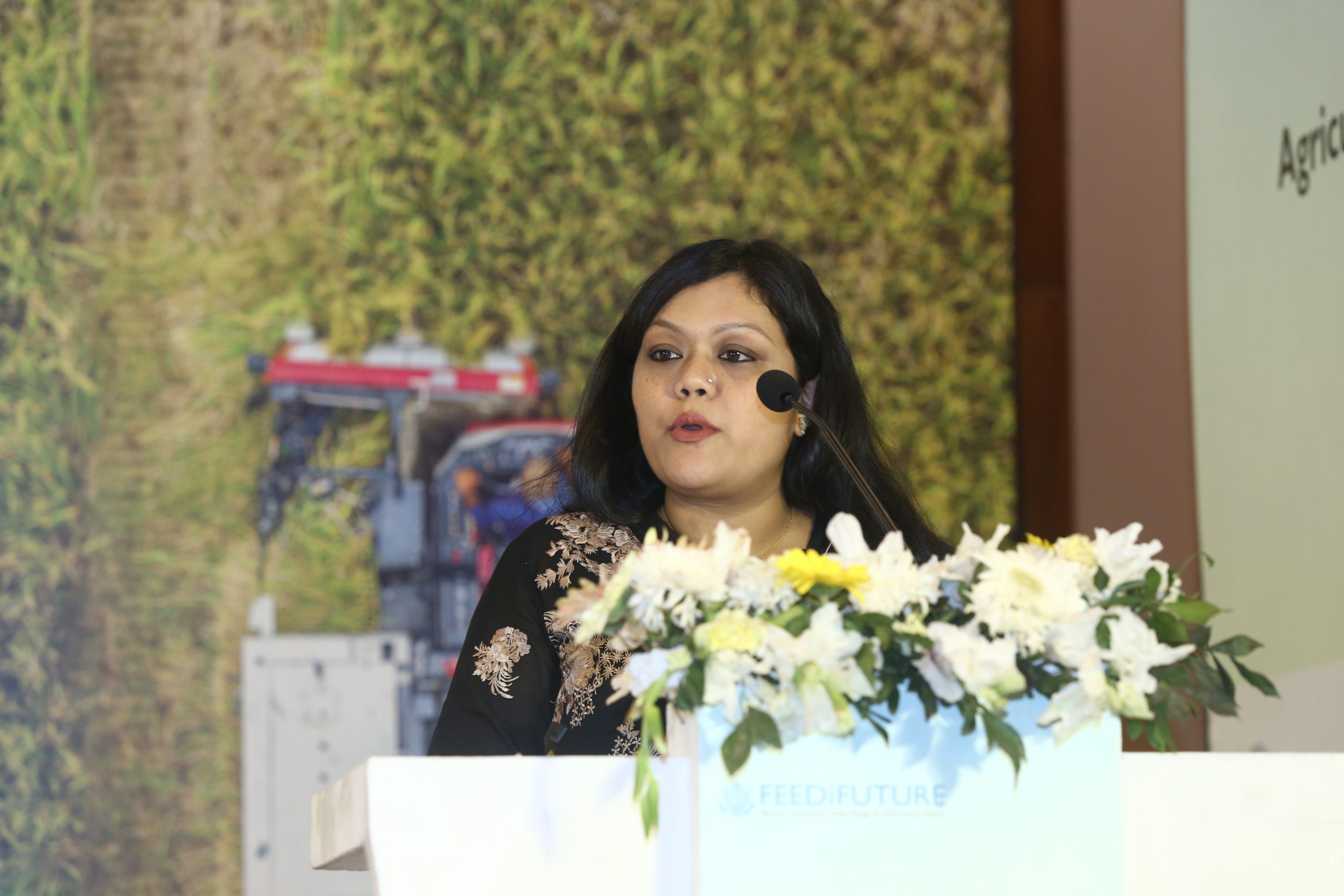
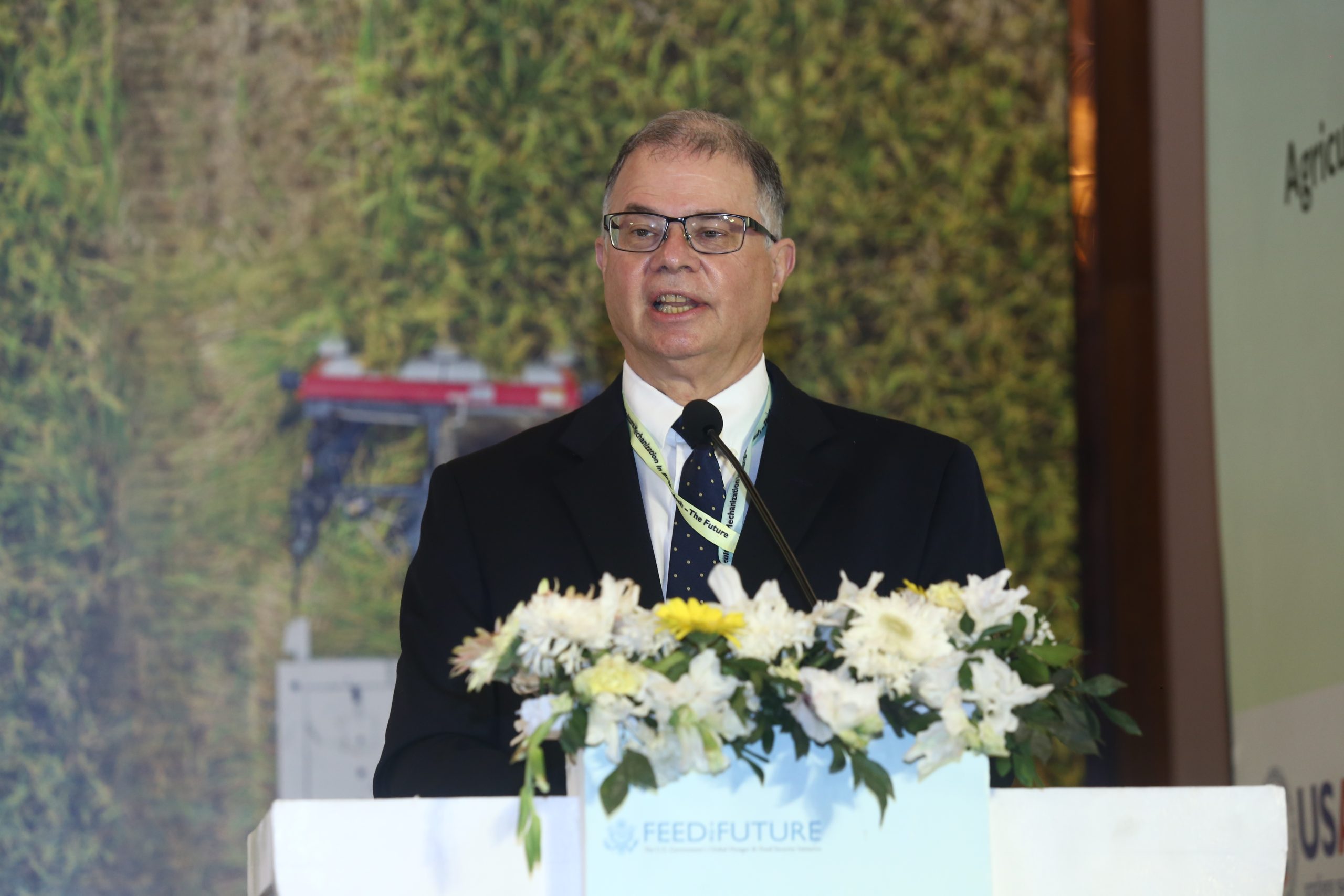
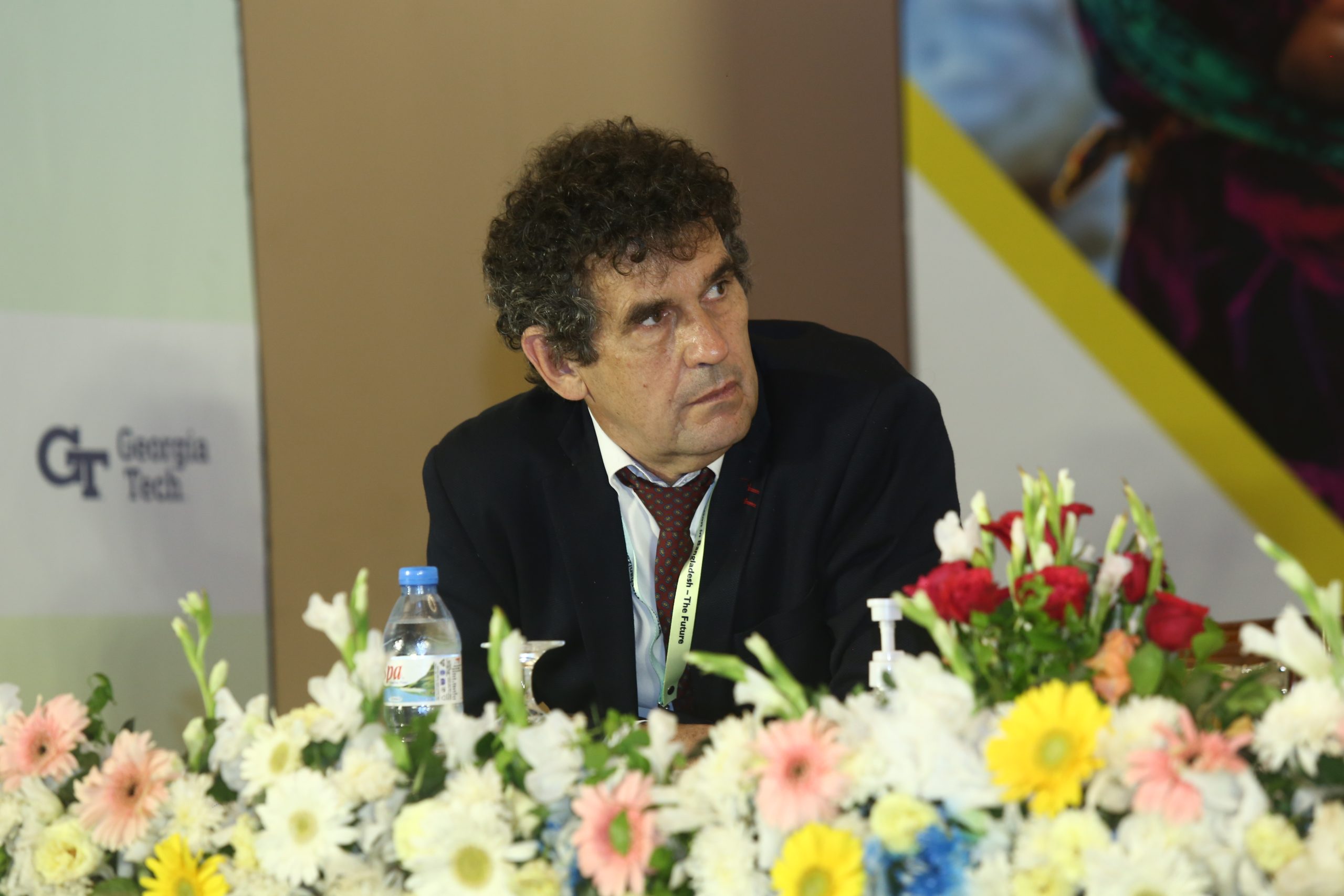
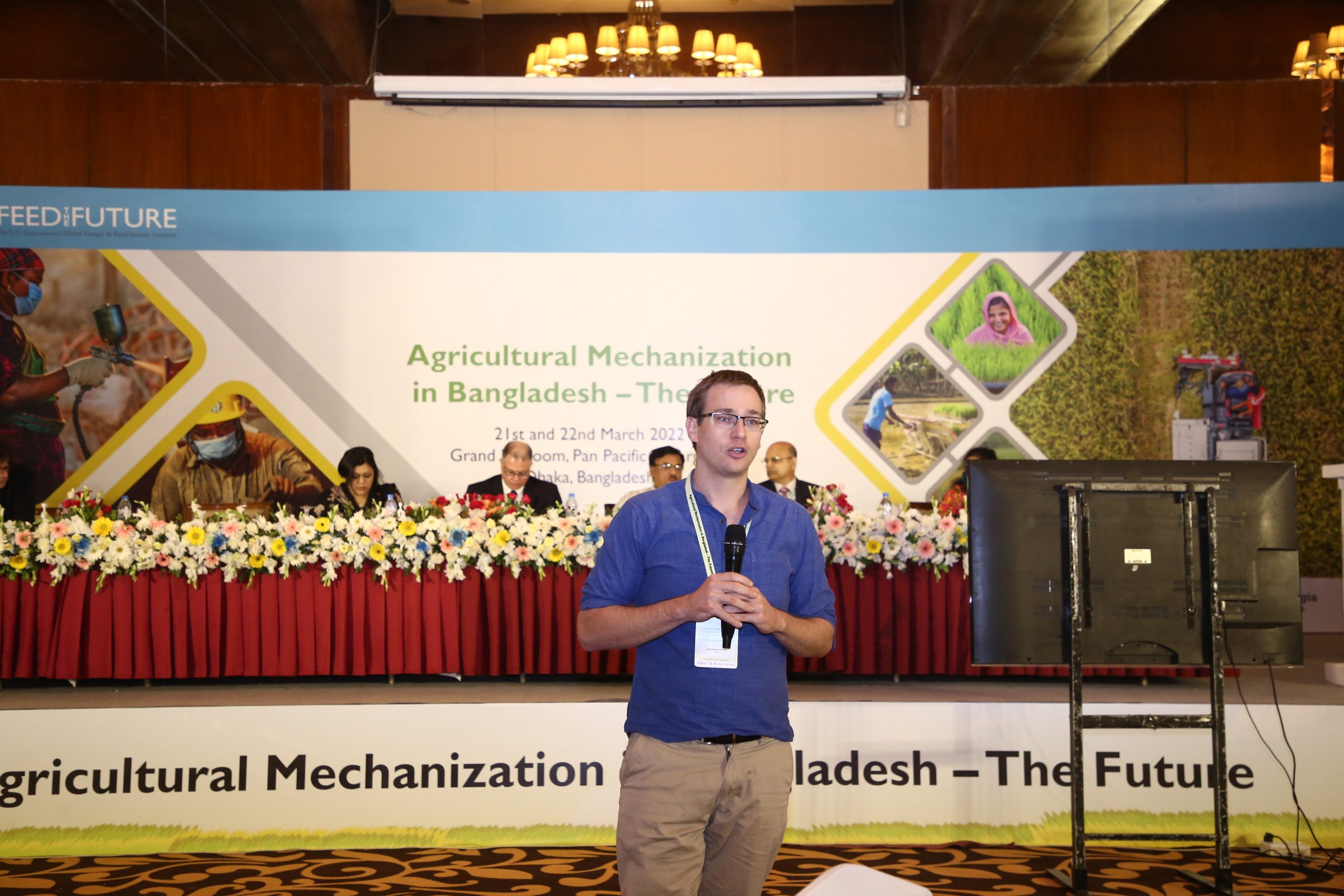
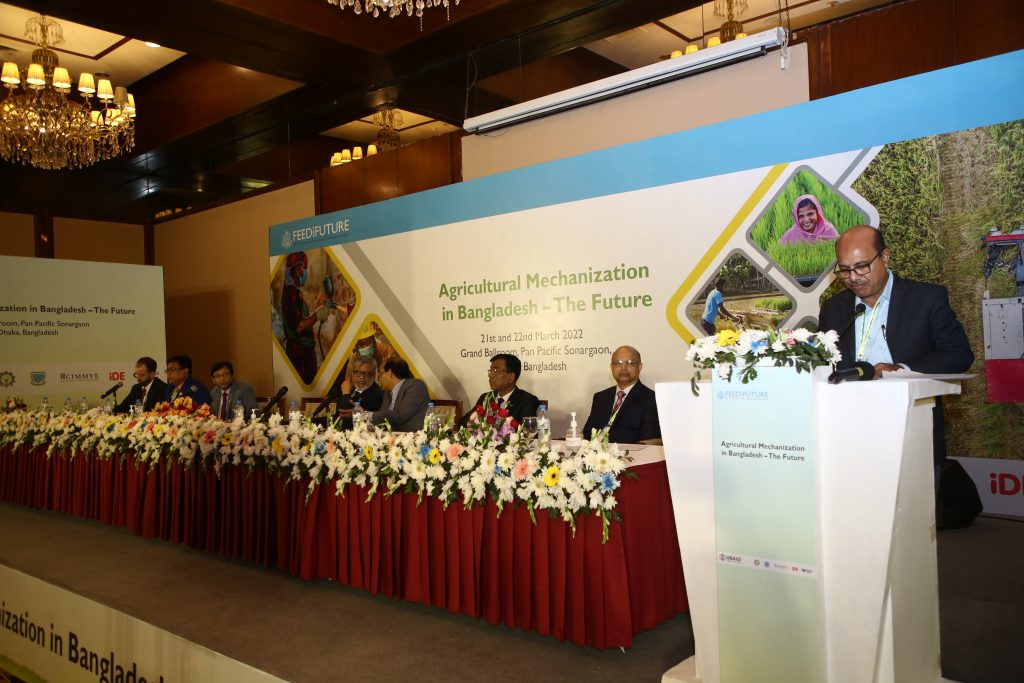
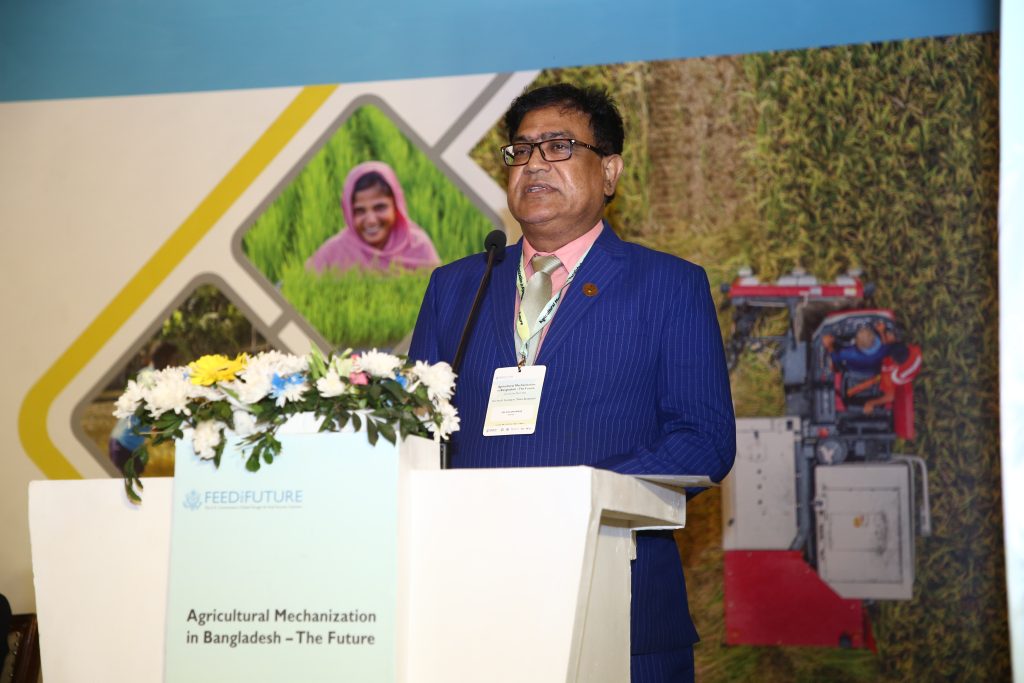
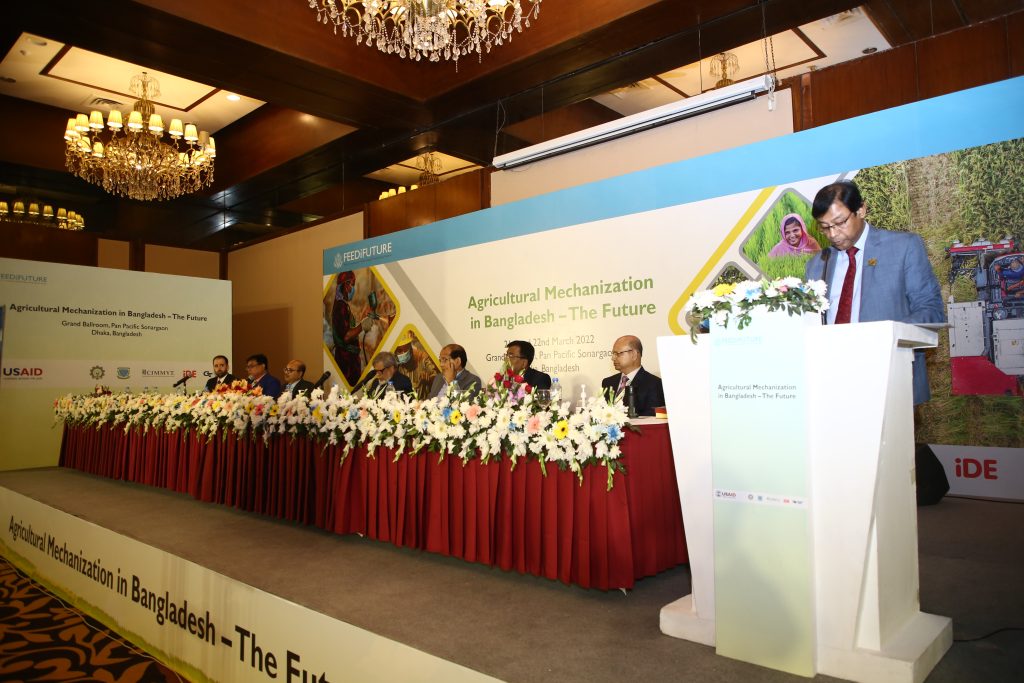
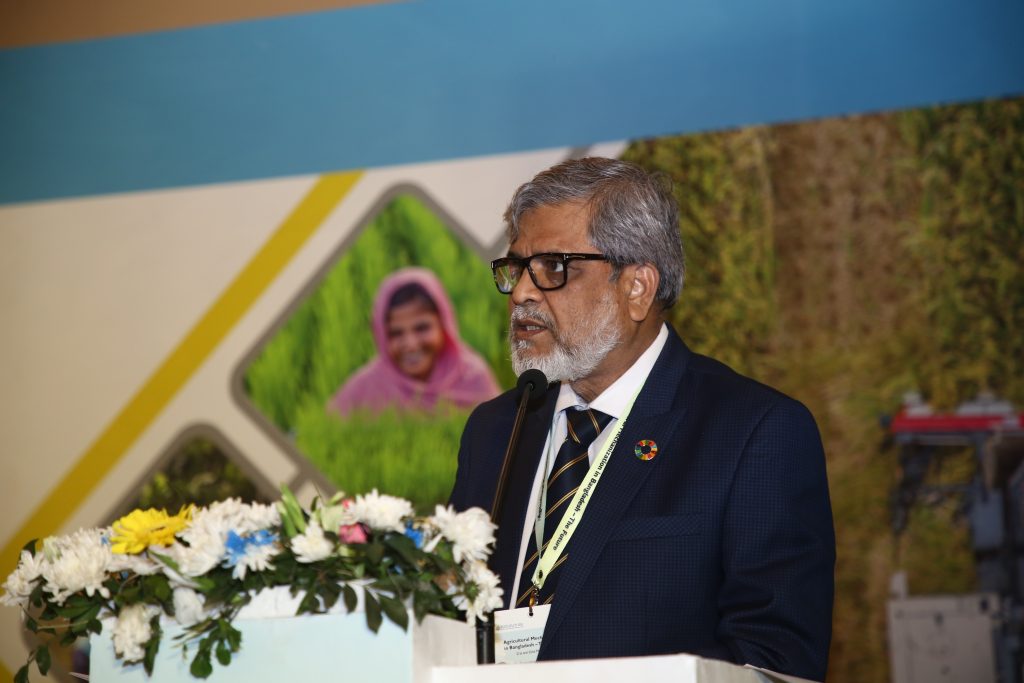
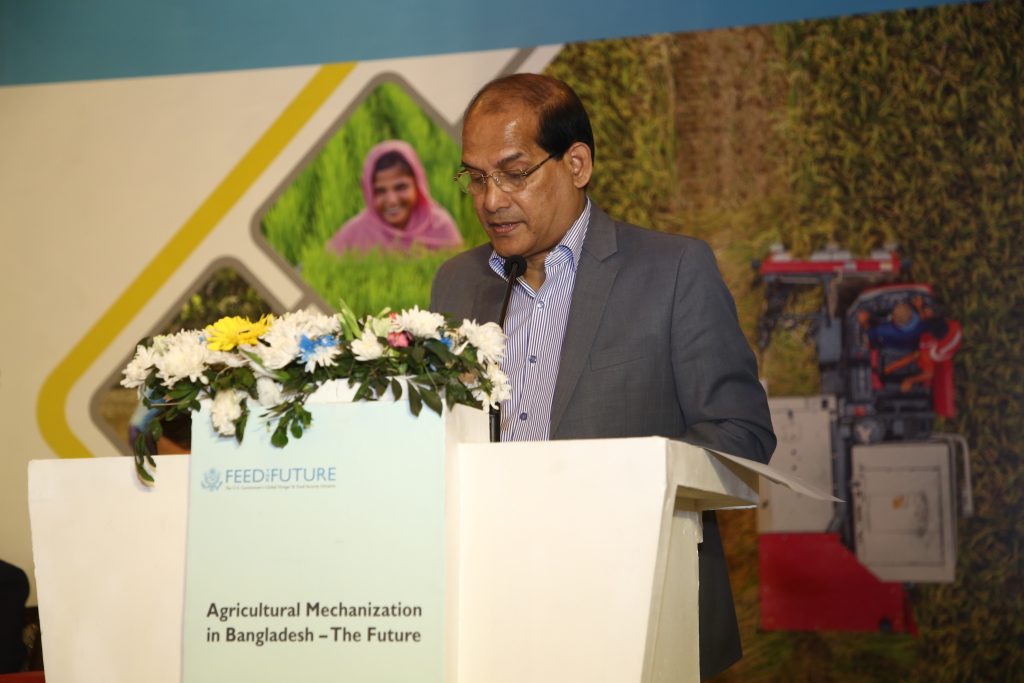
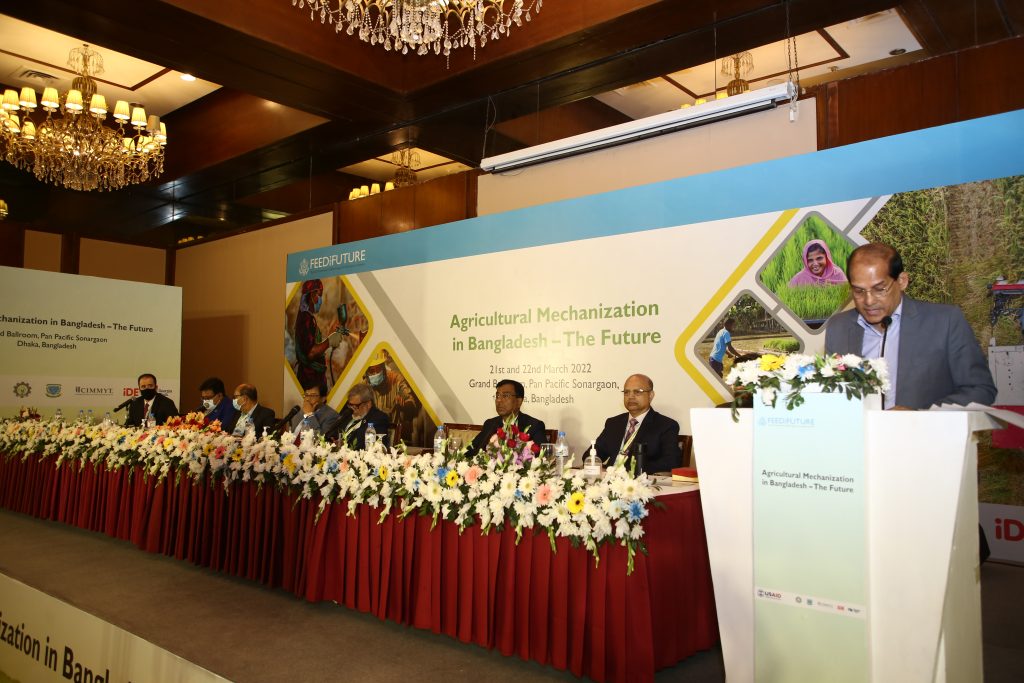
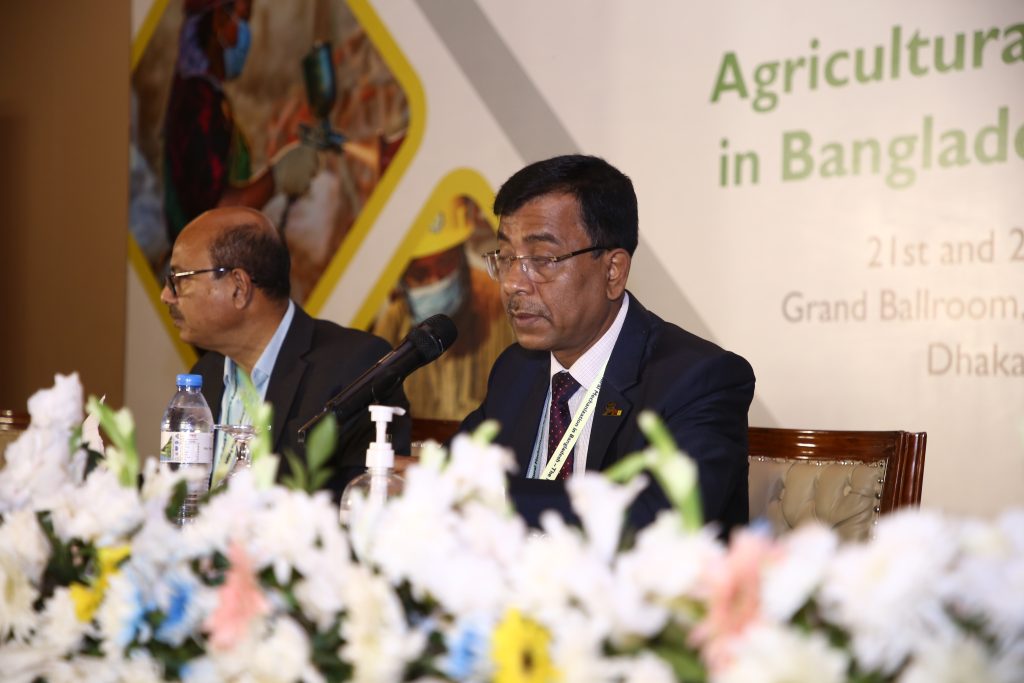
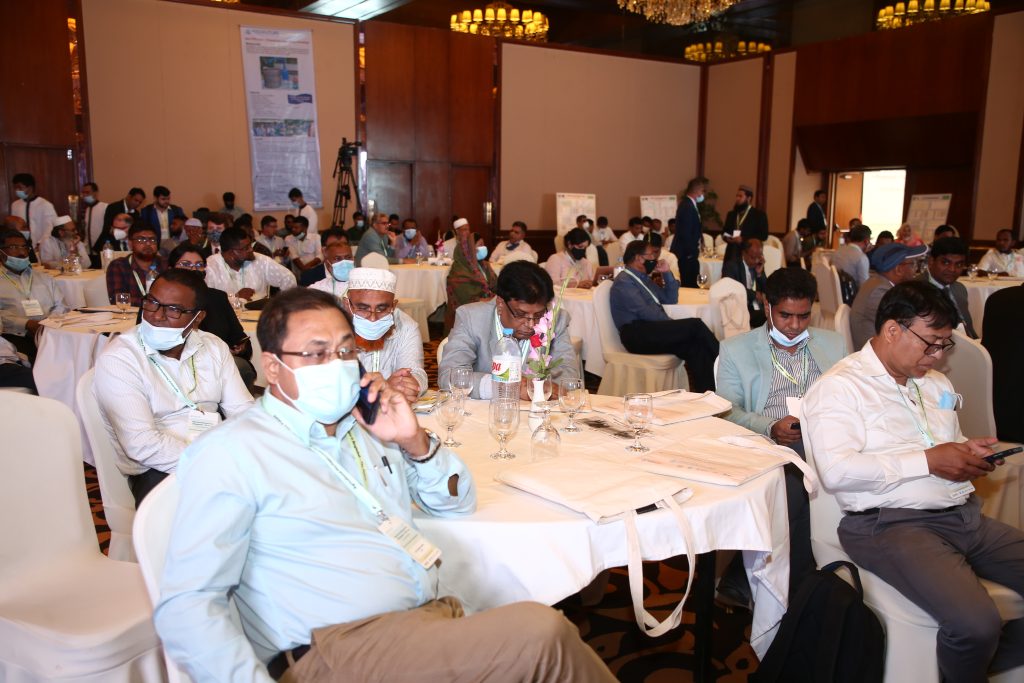
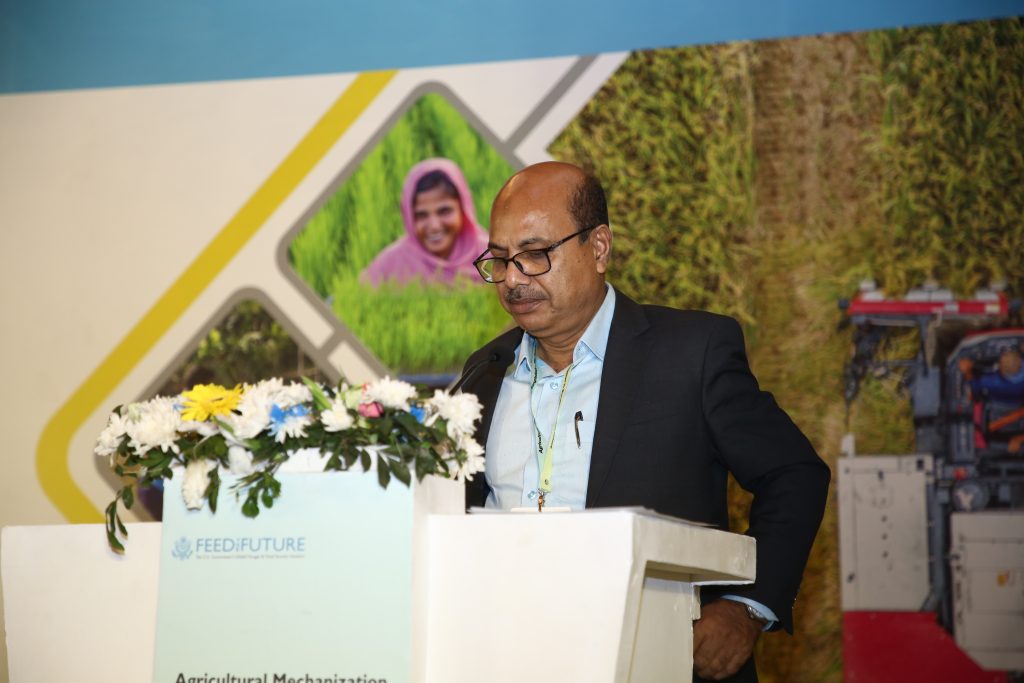
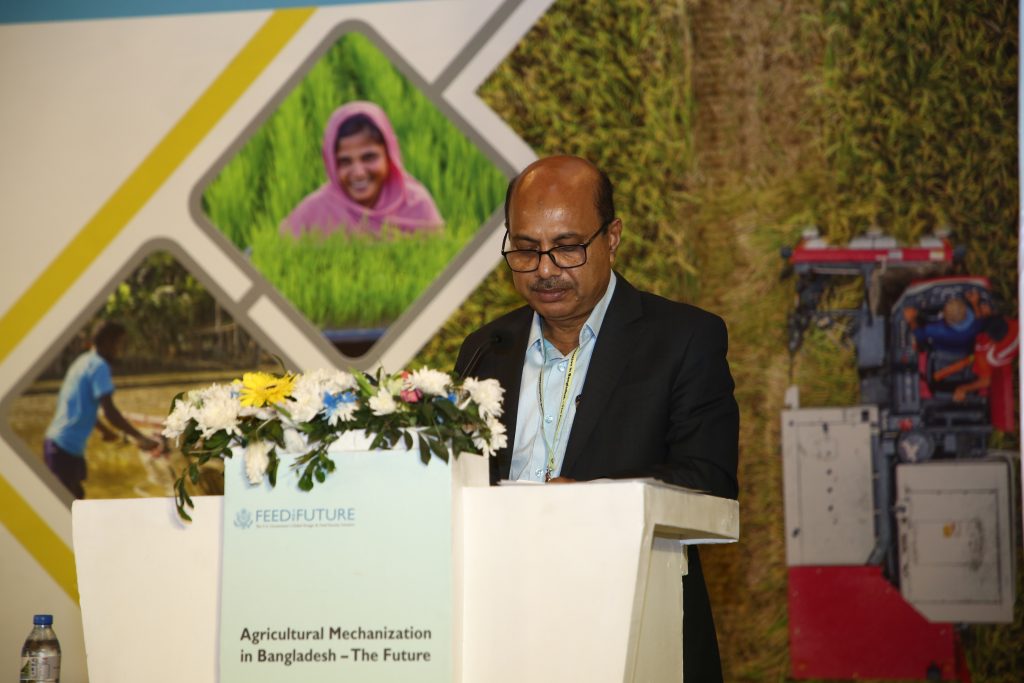
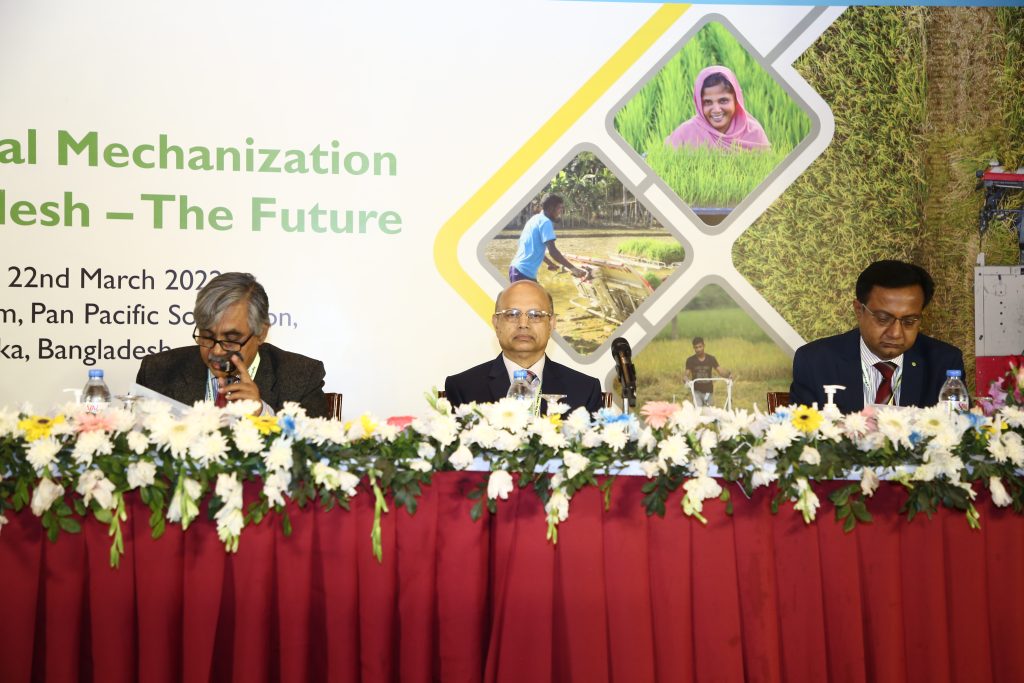
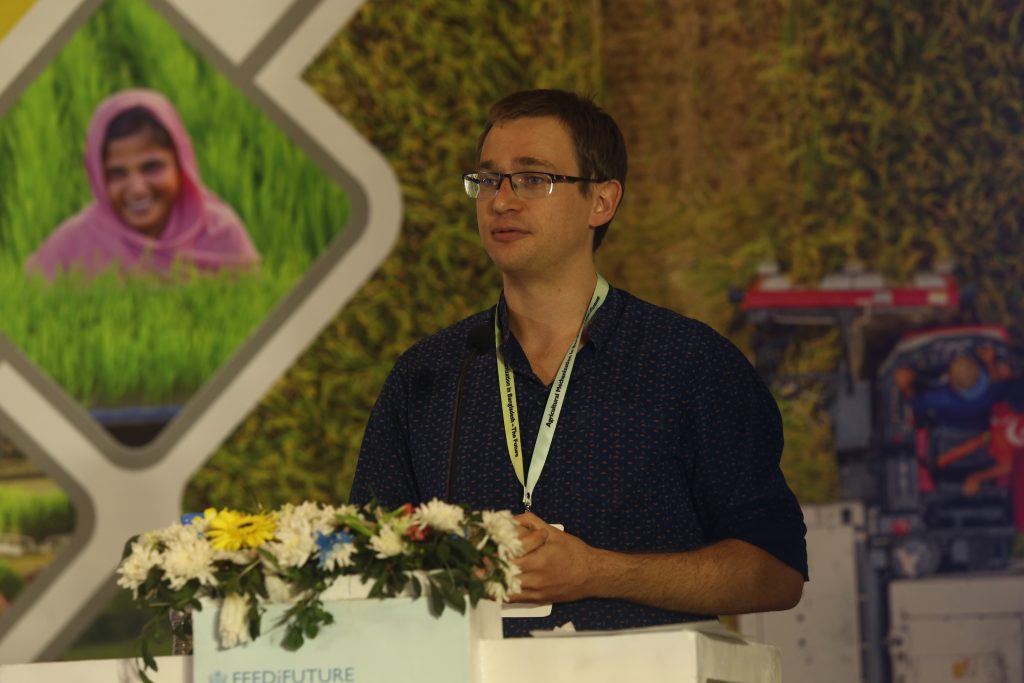
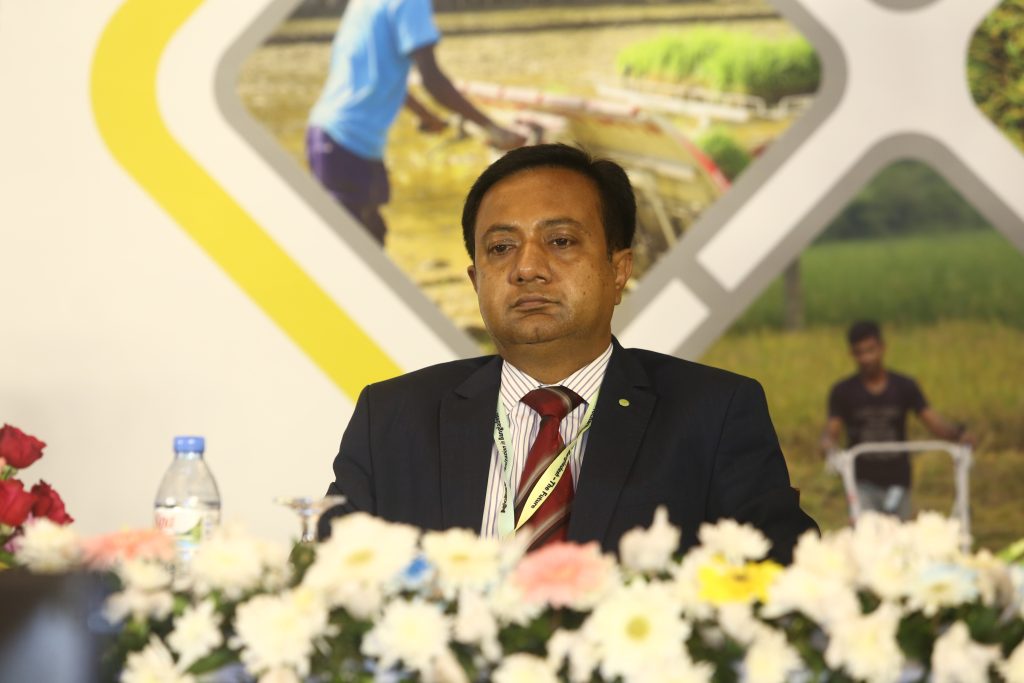
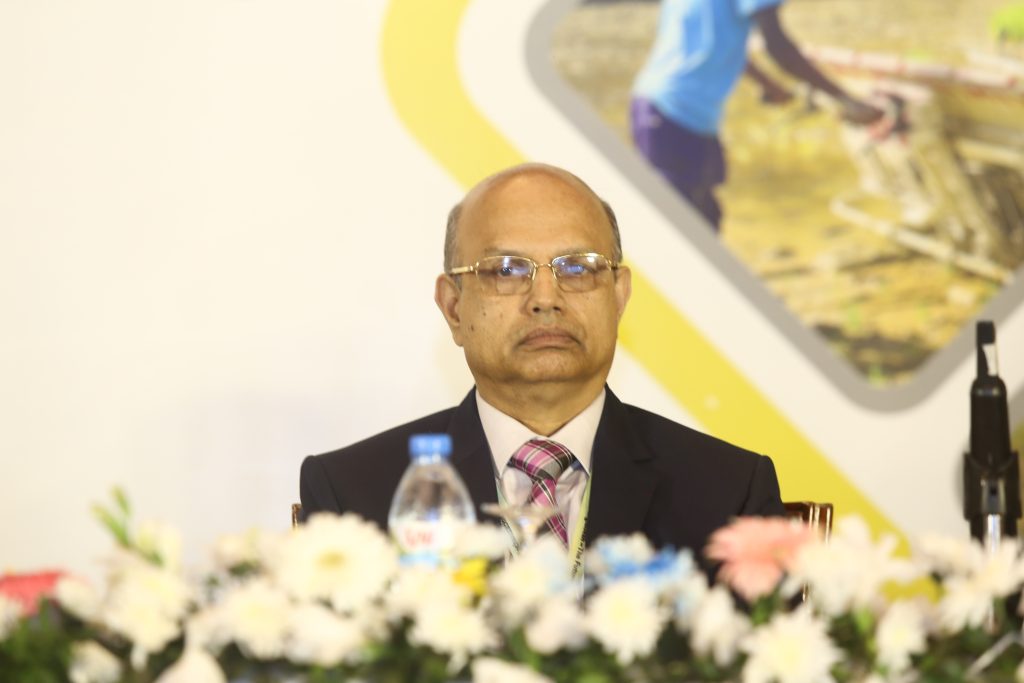
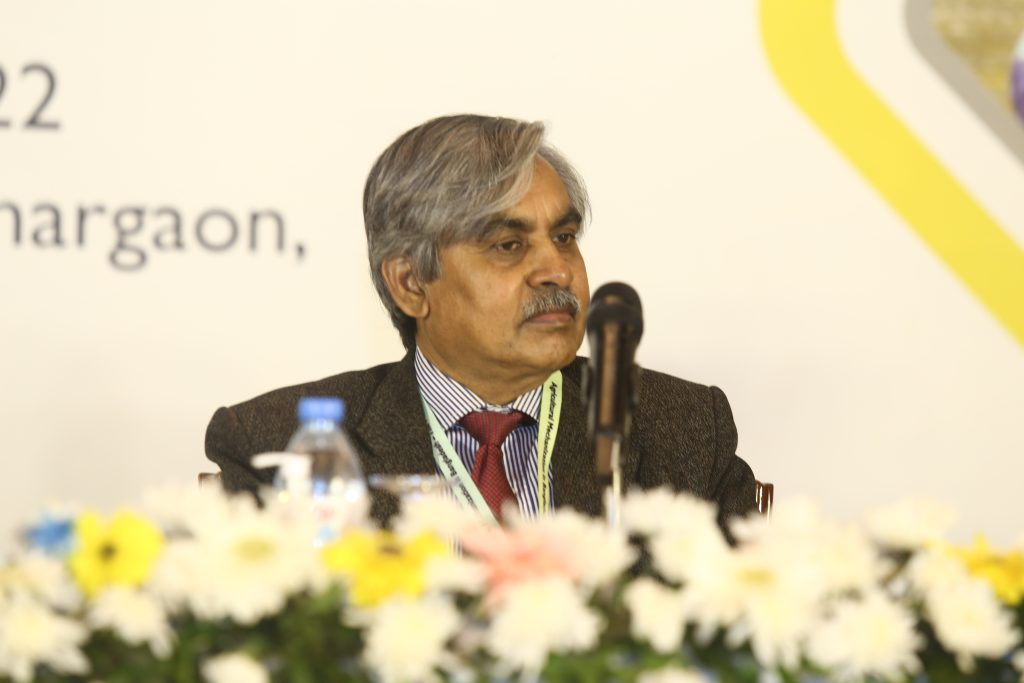
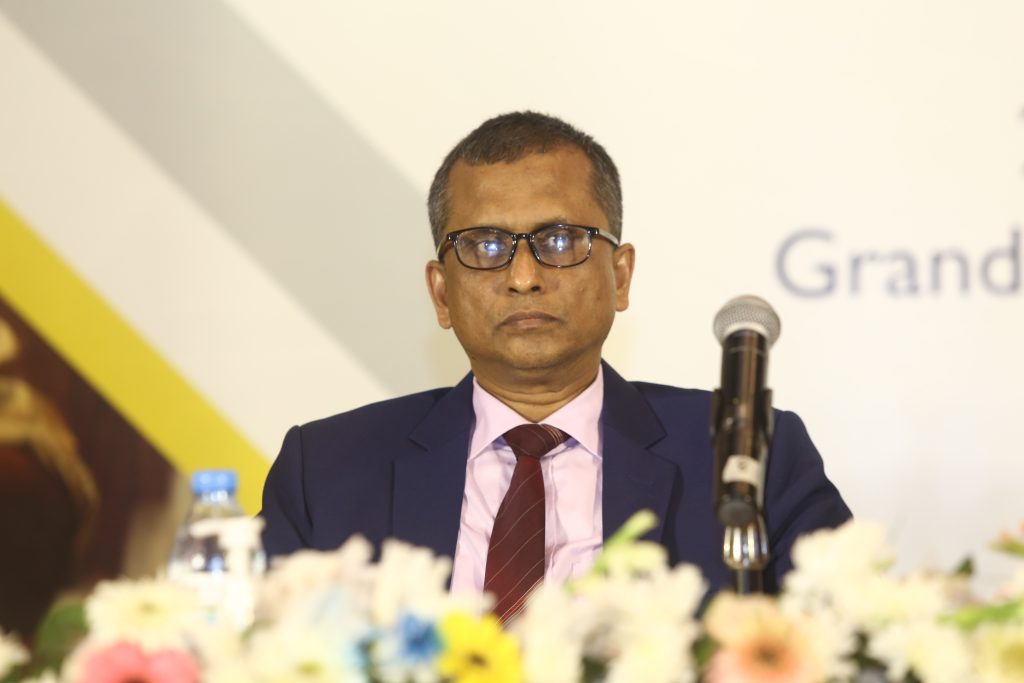
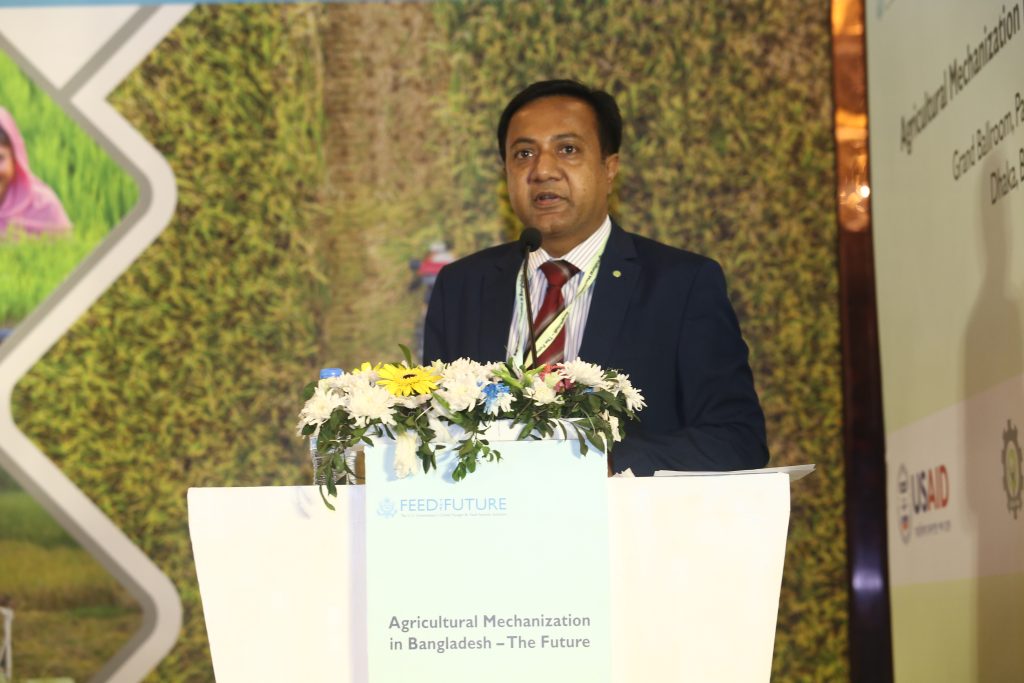
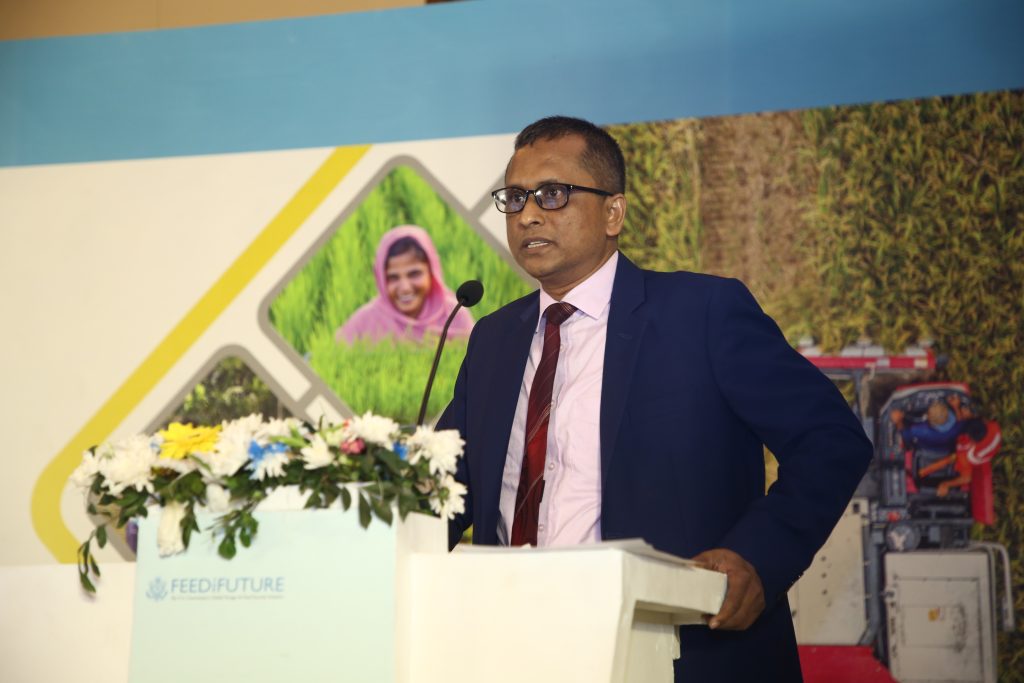
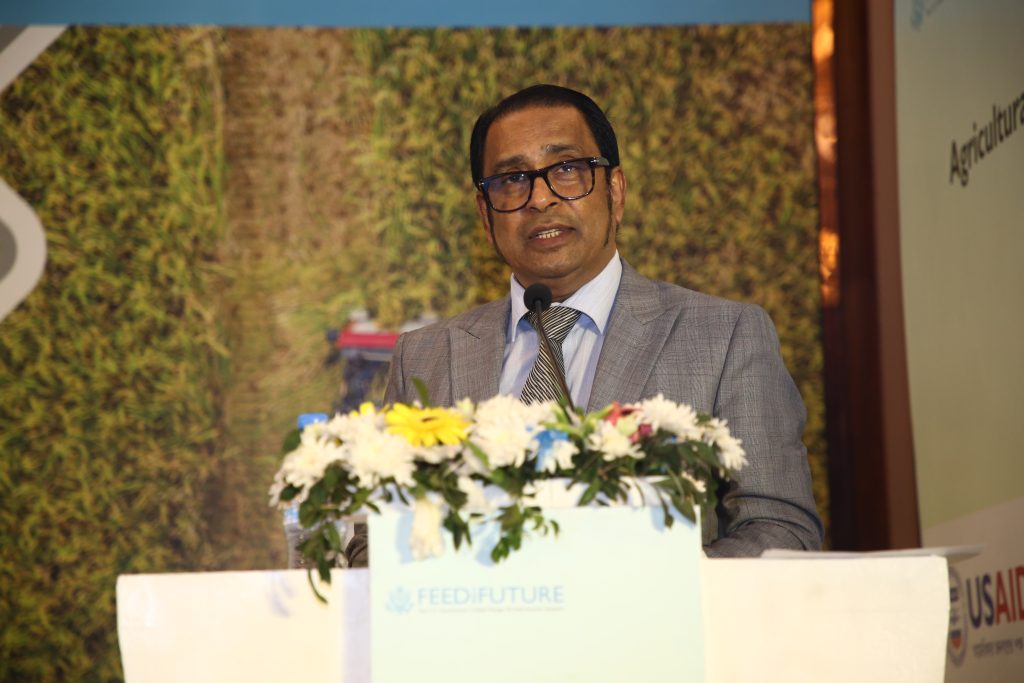
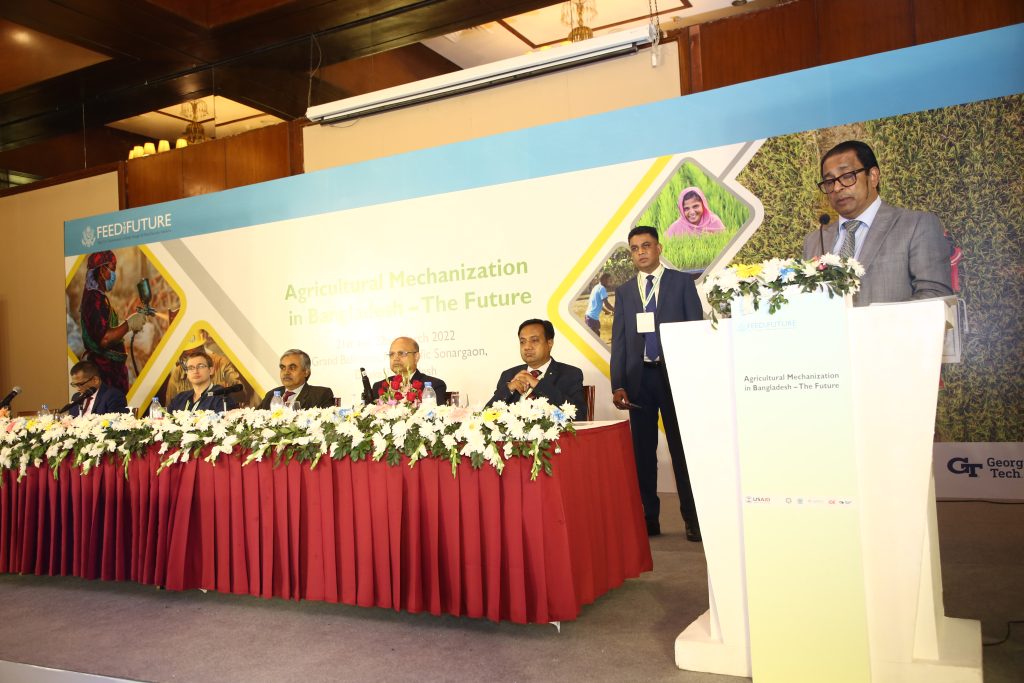
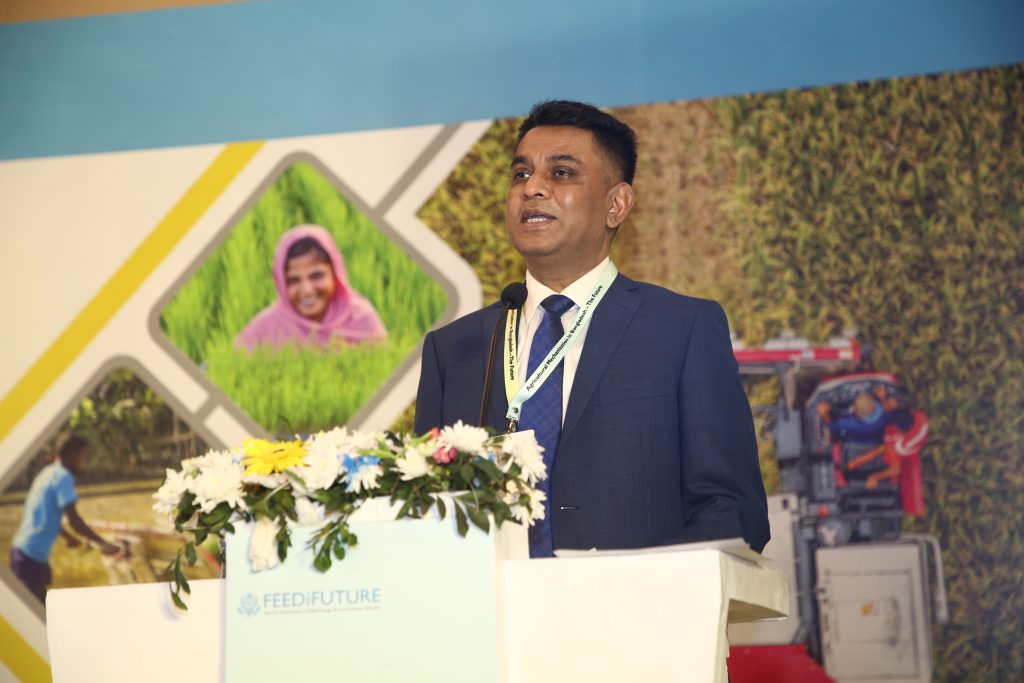
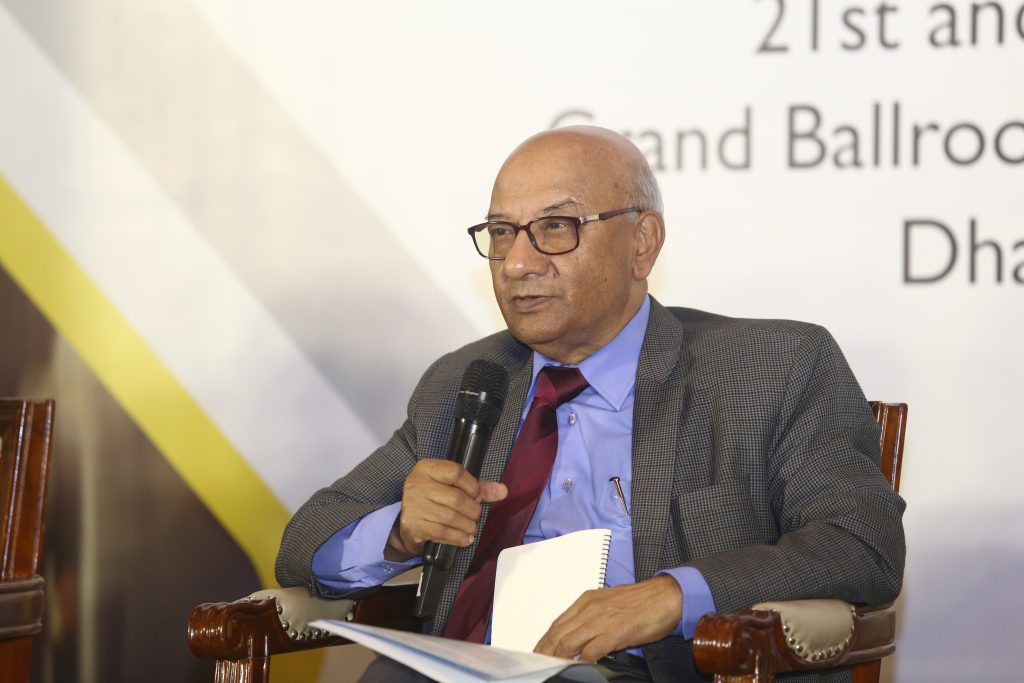
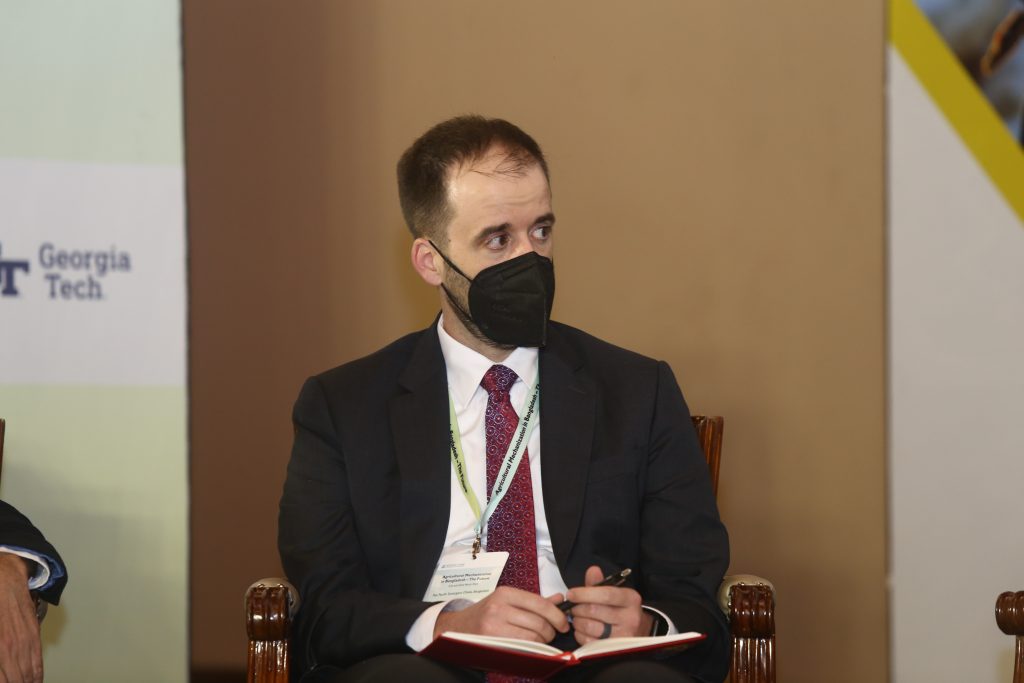
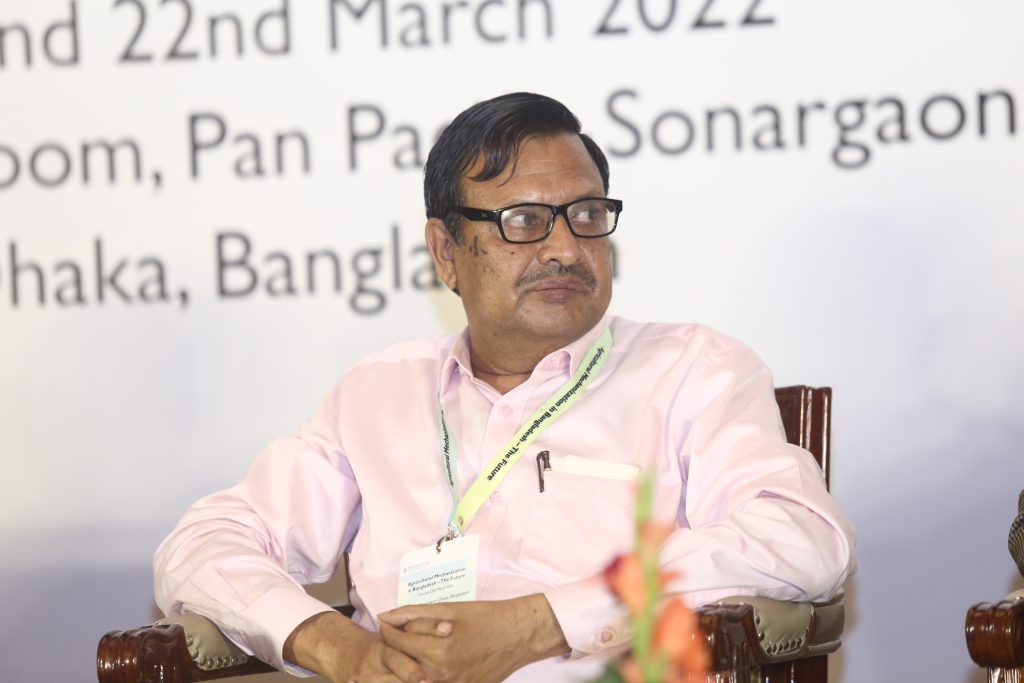
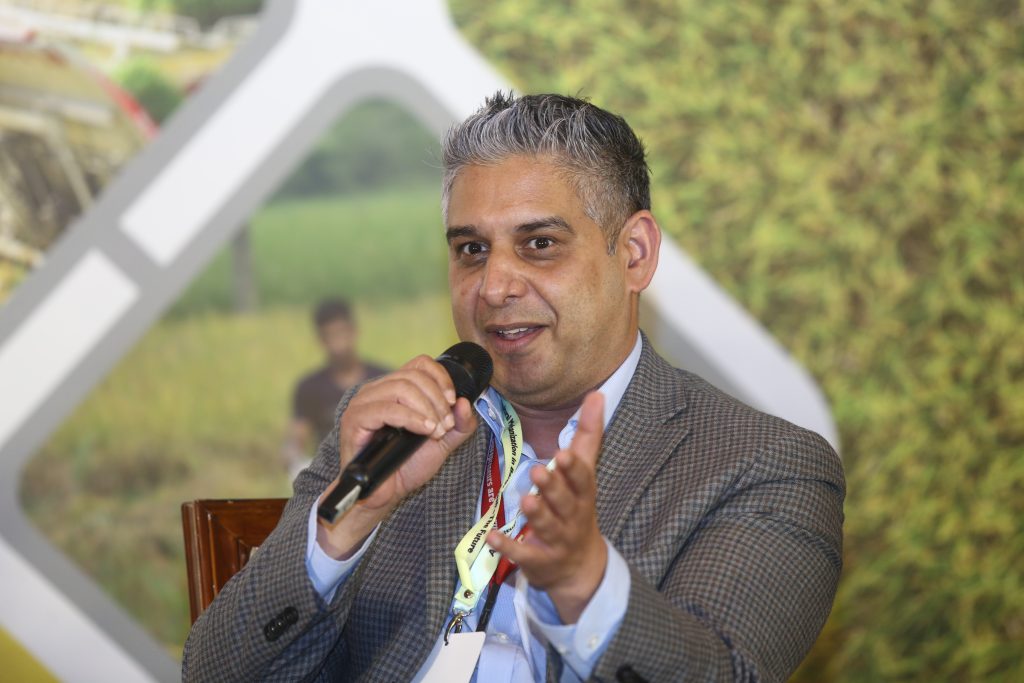
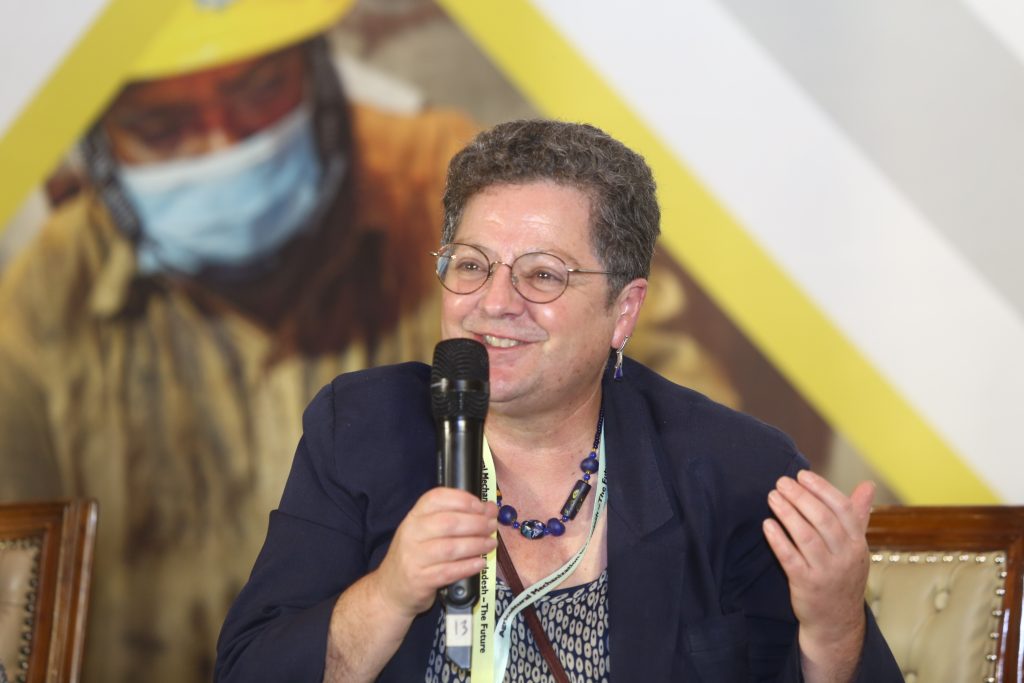
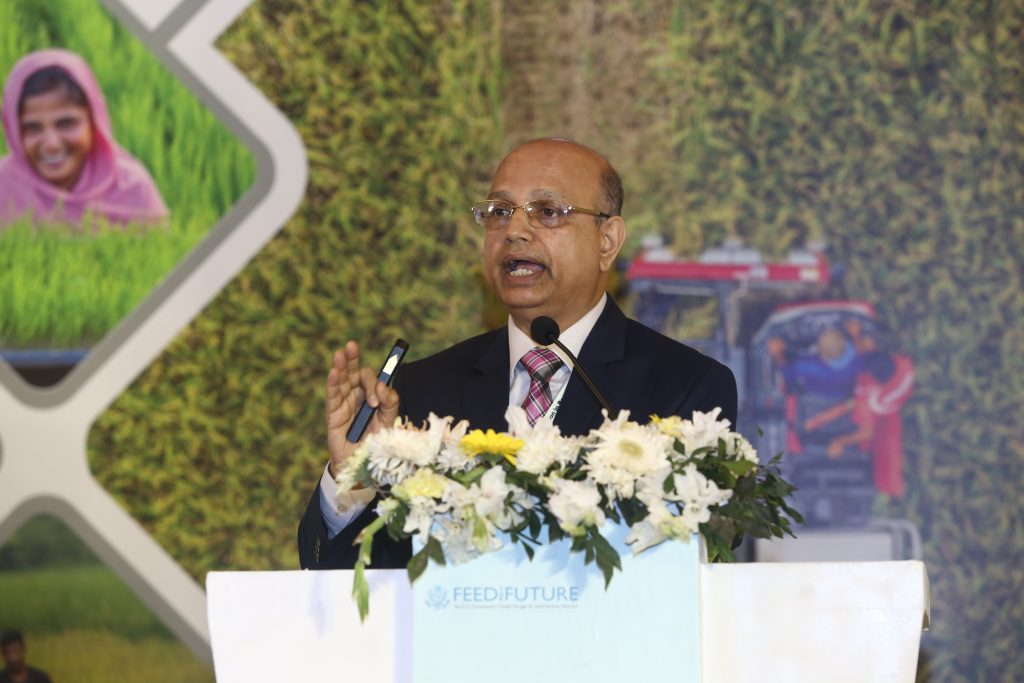
Presented by
T anzila T ajreen, Senior T echnical Specialist- Access to Finance, iDE Bangladesh